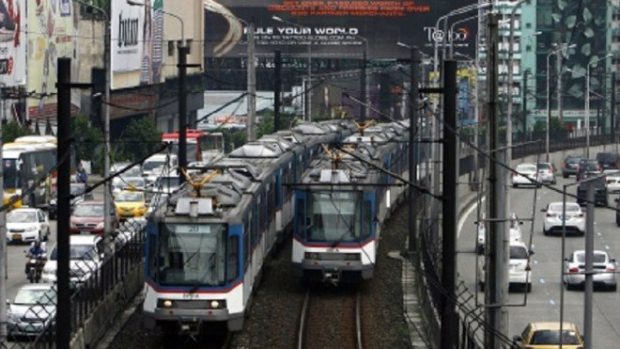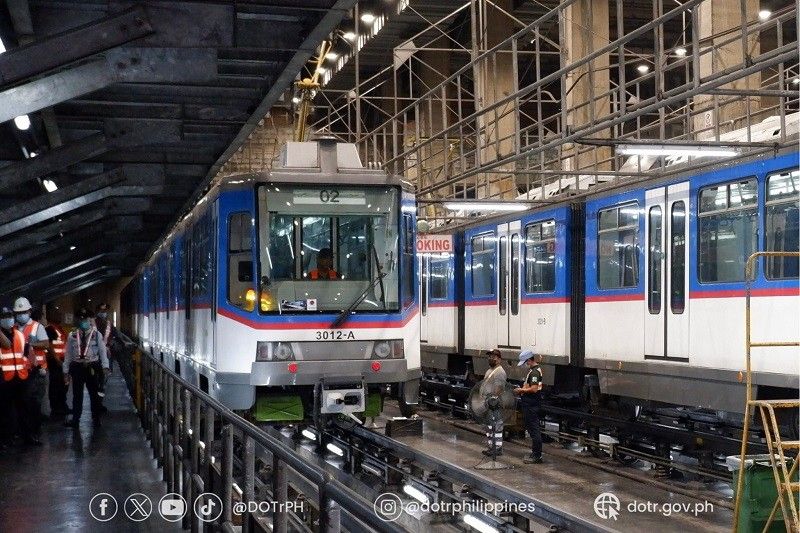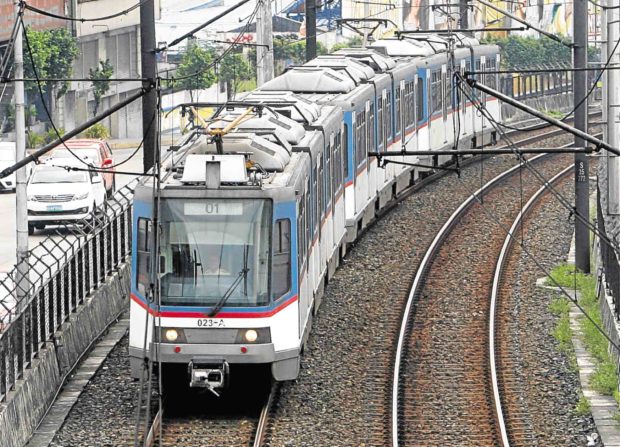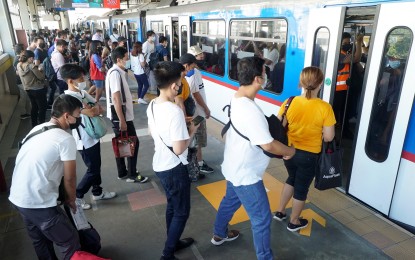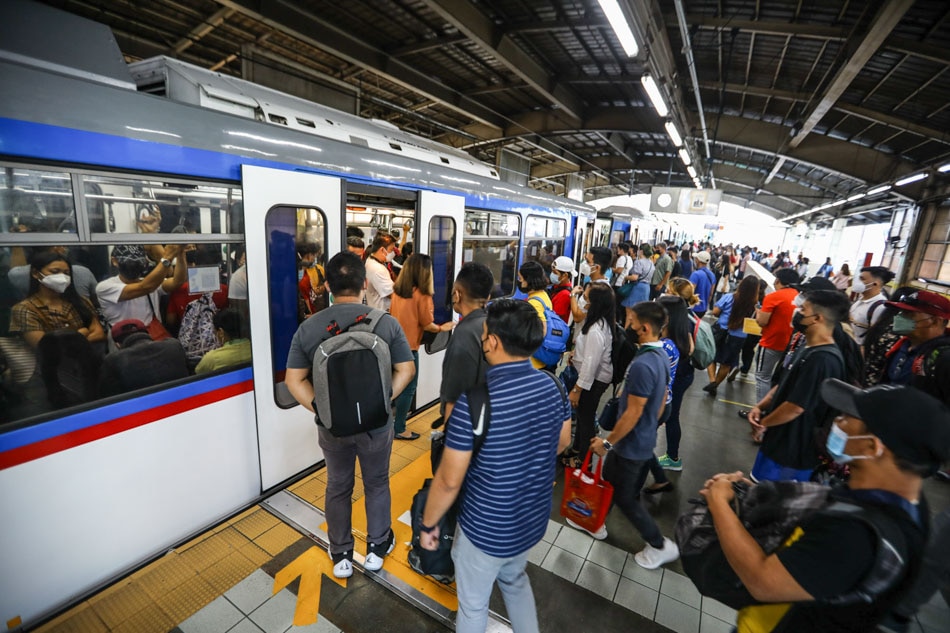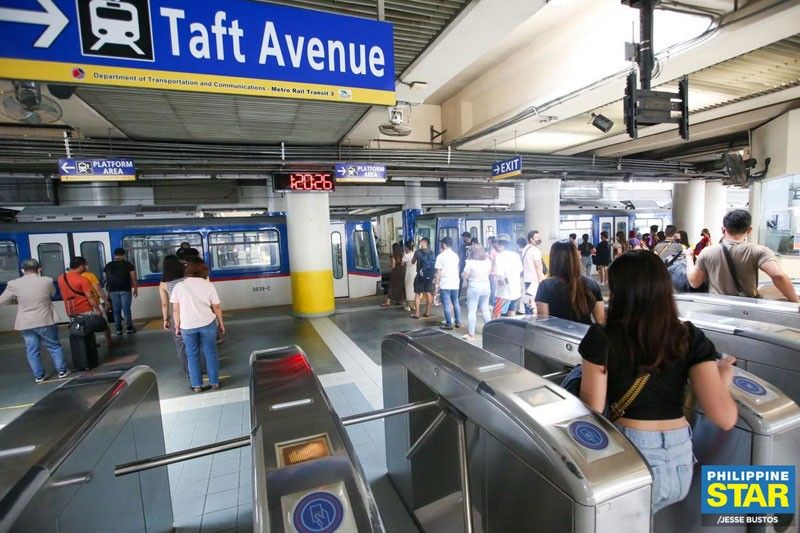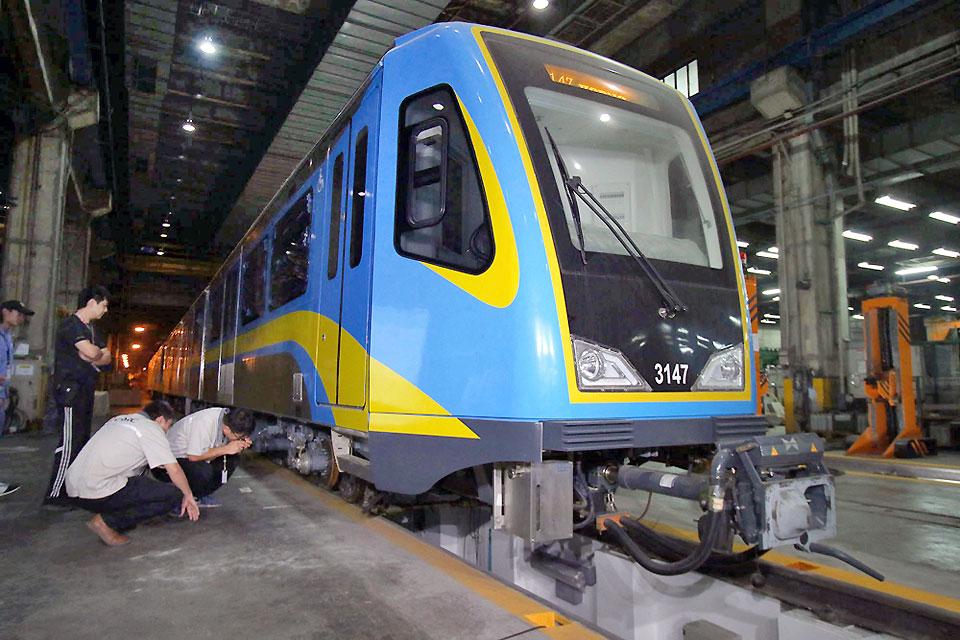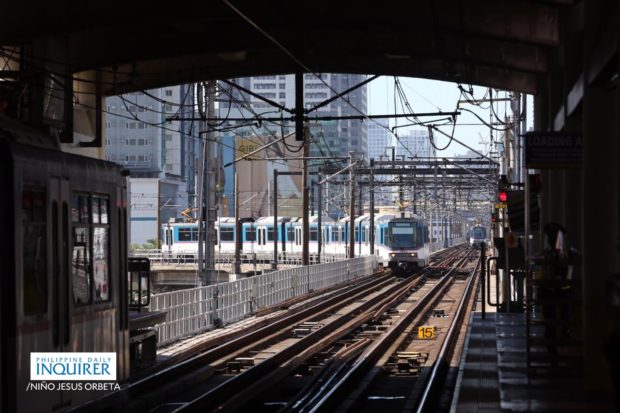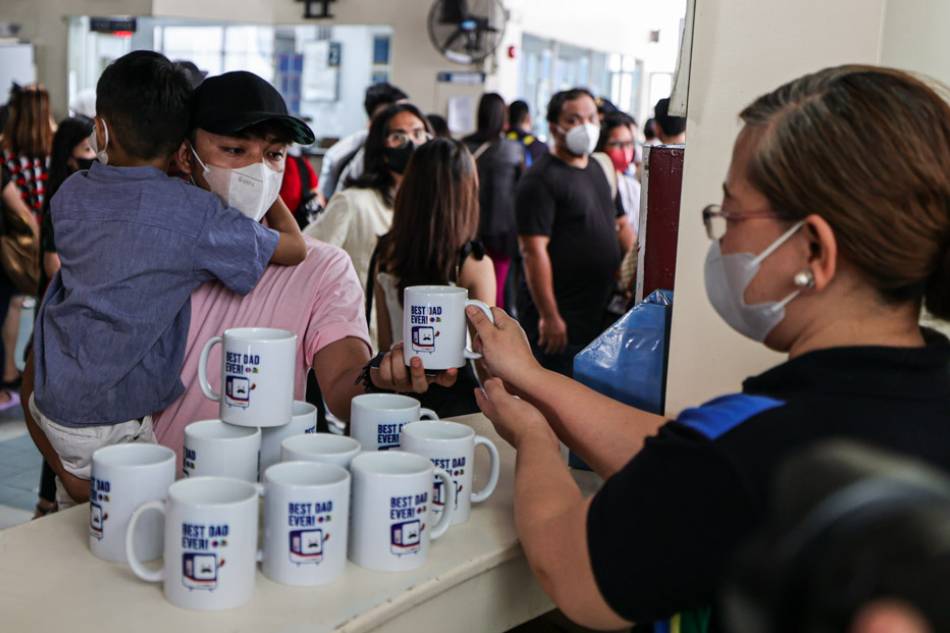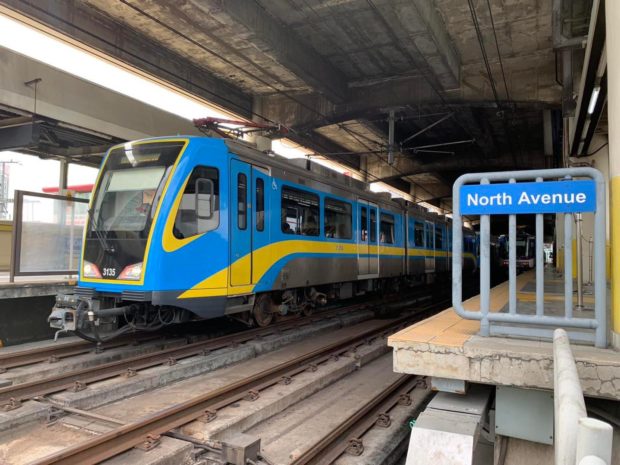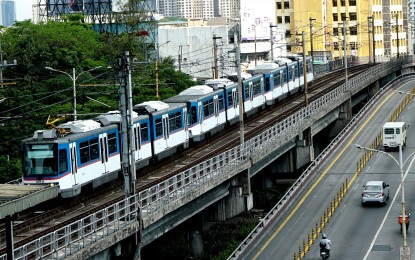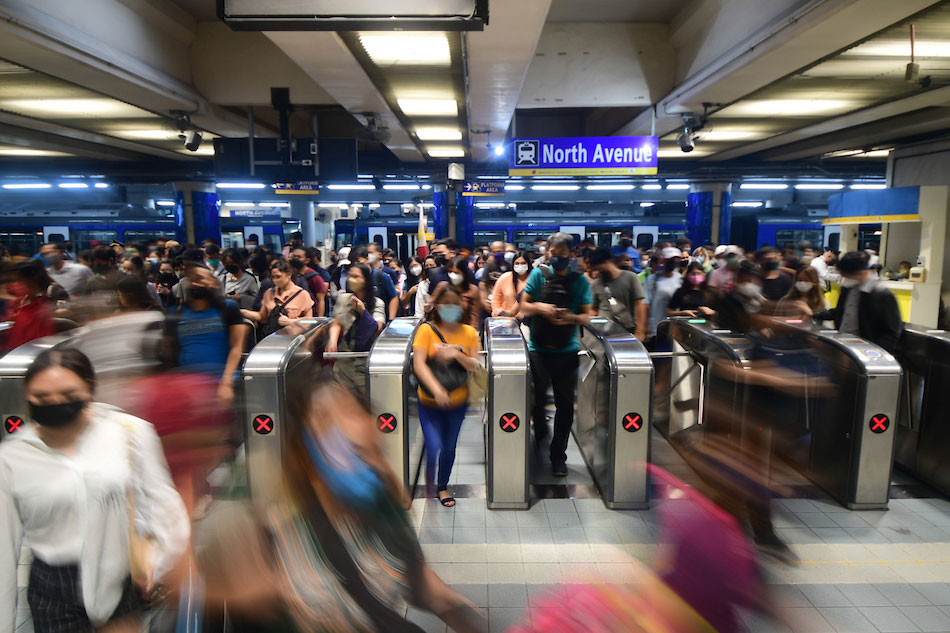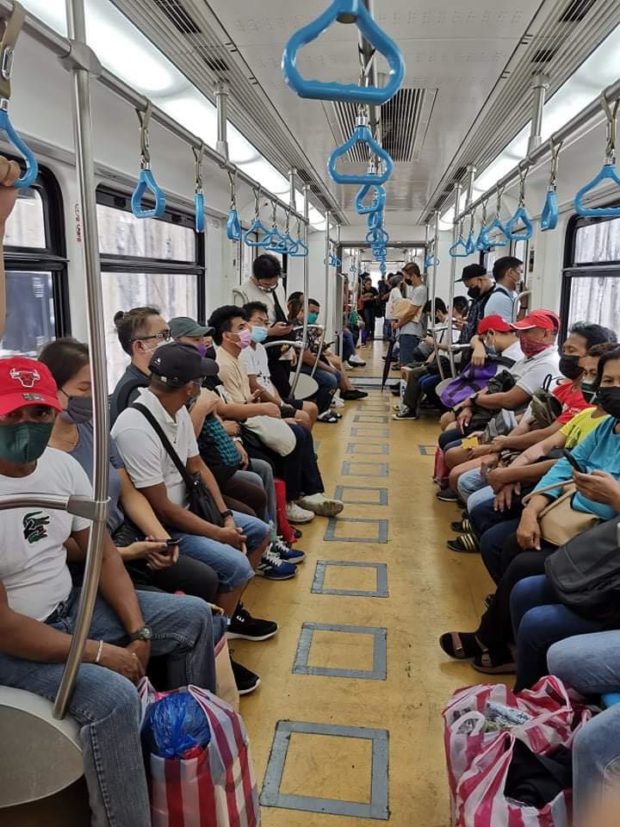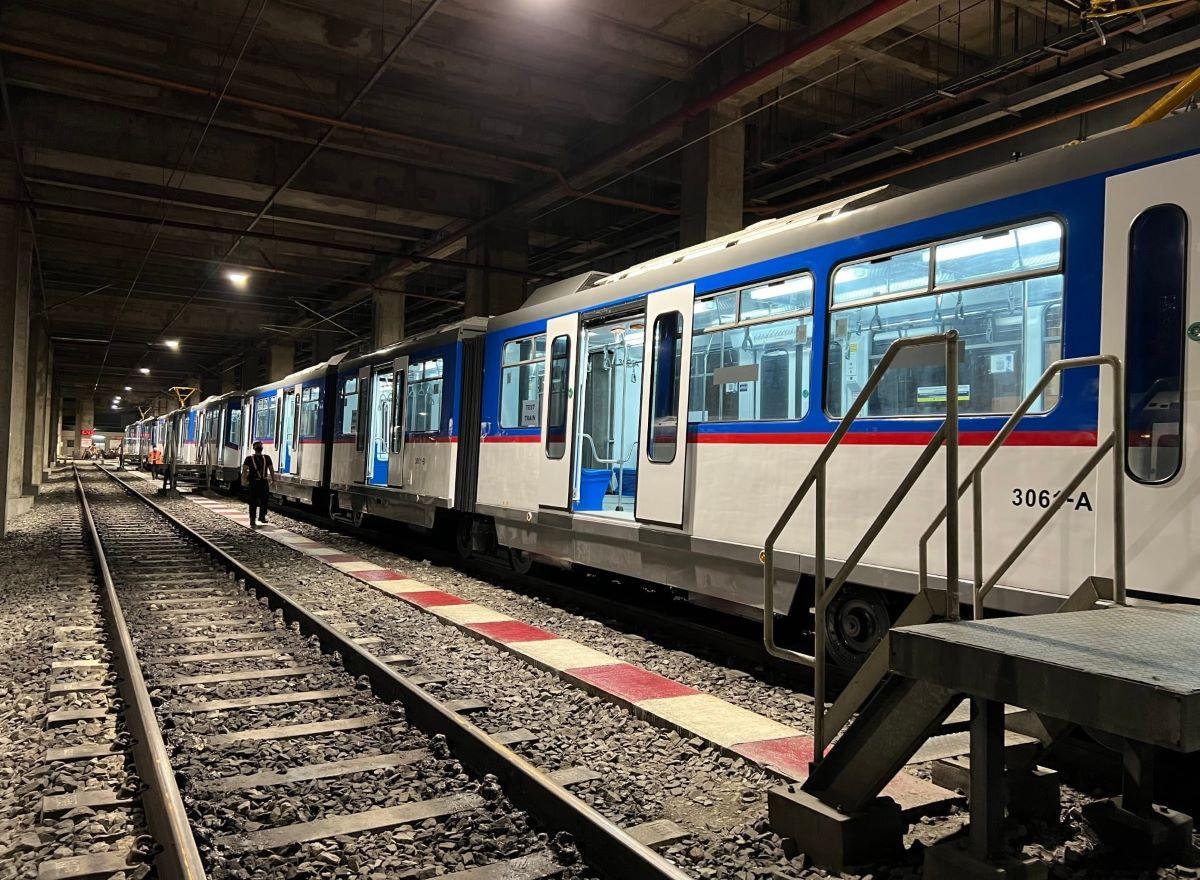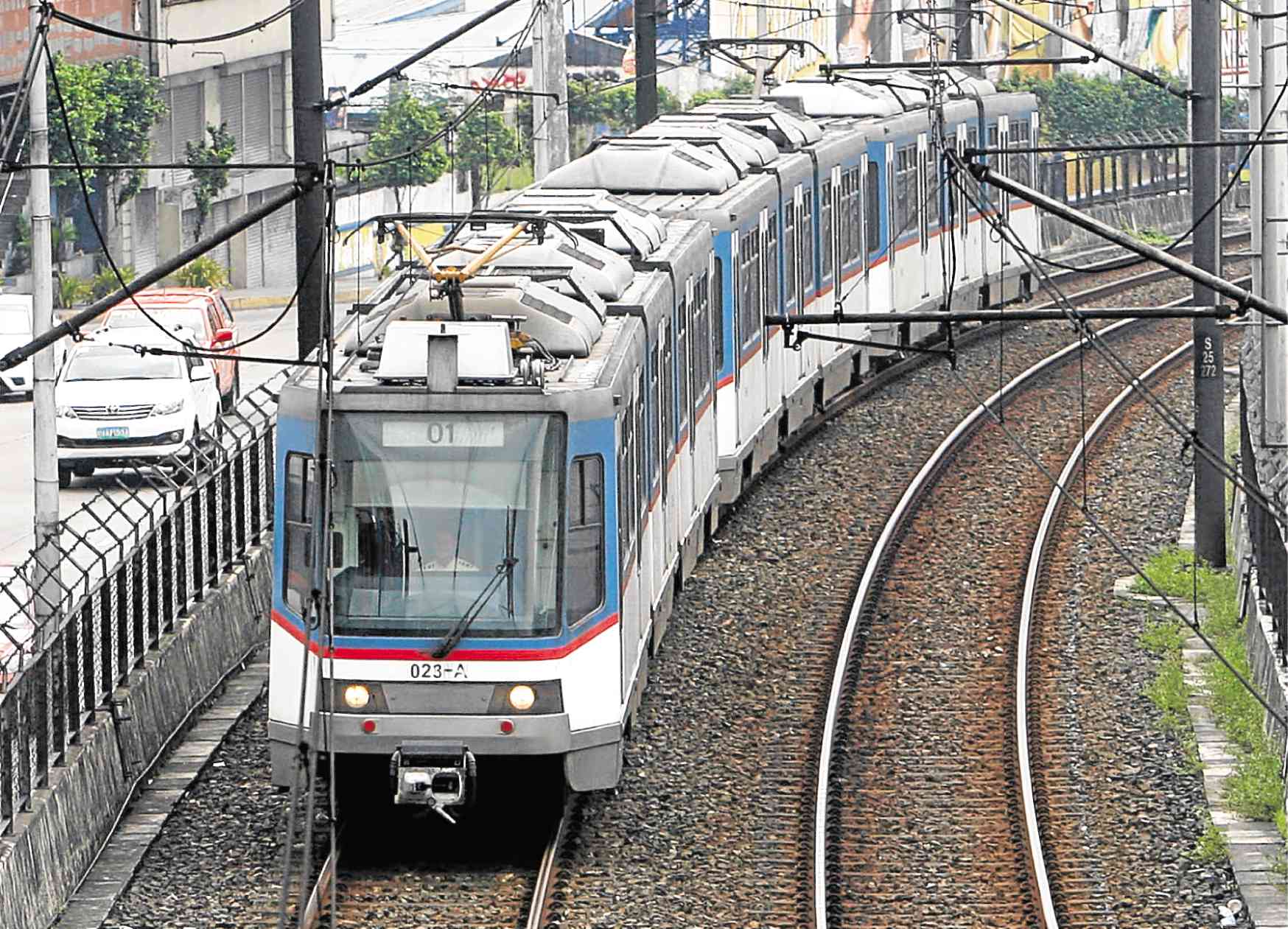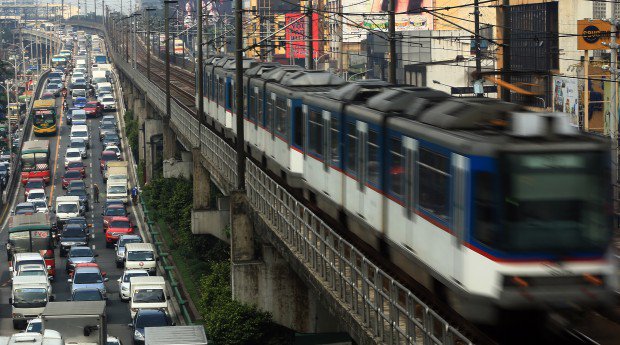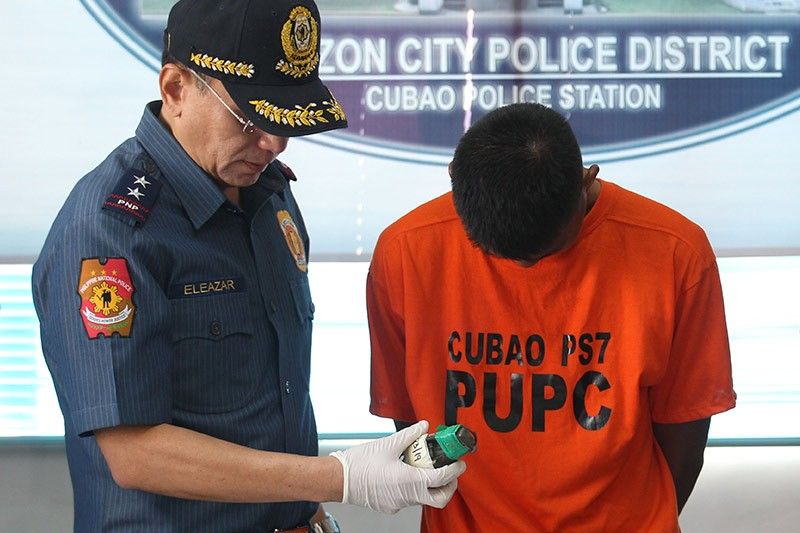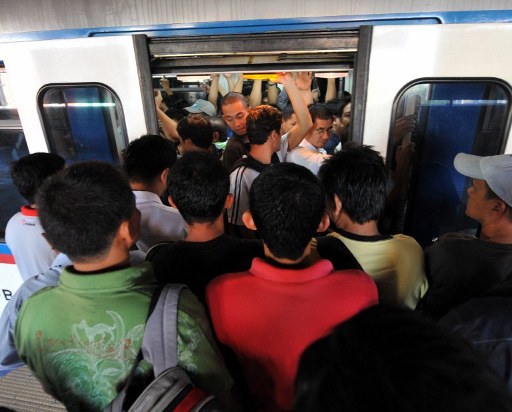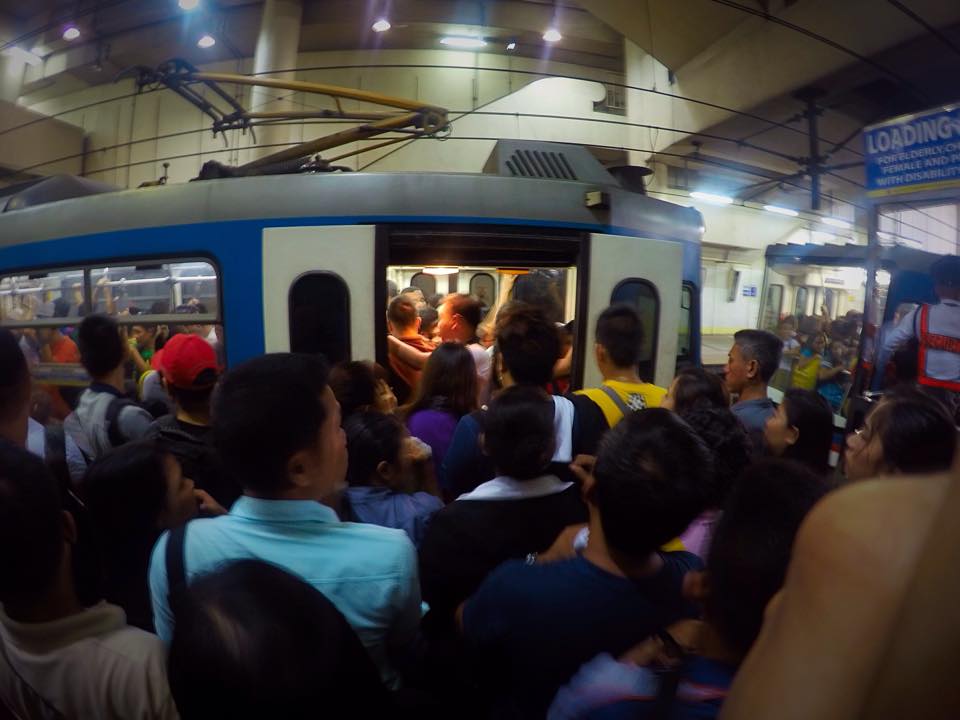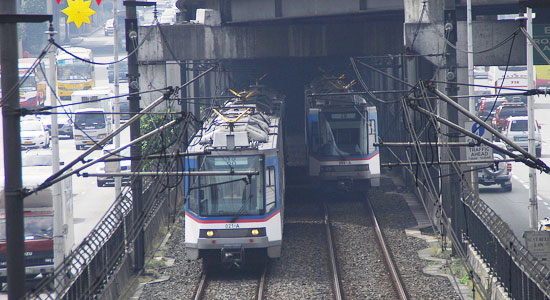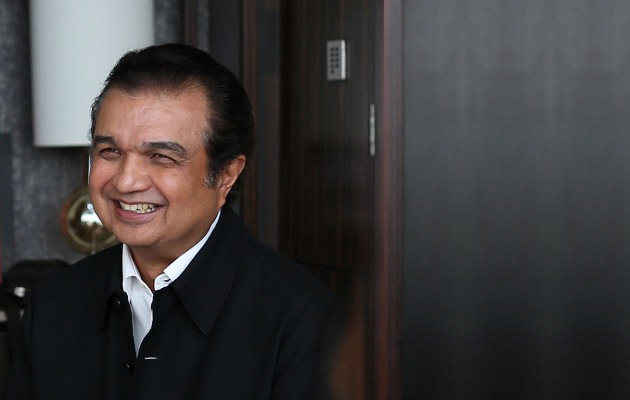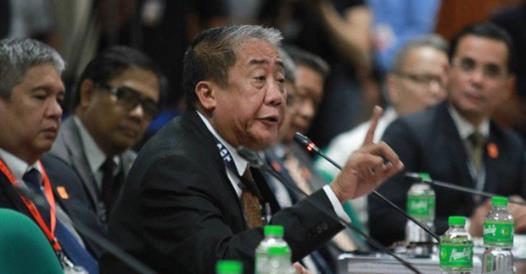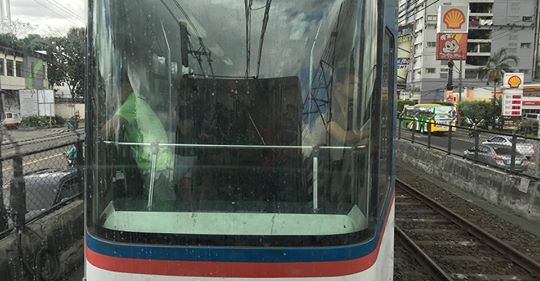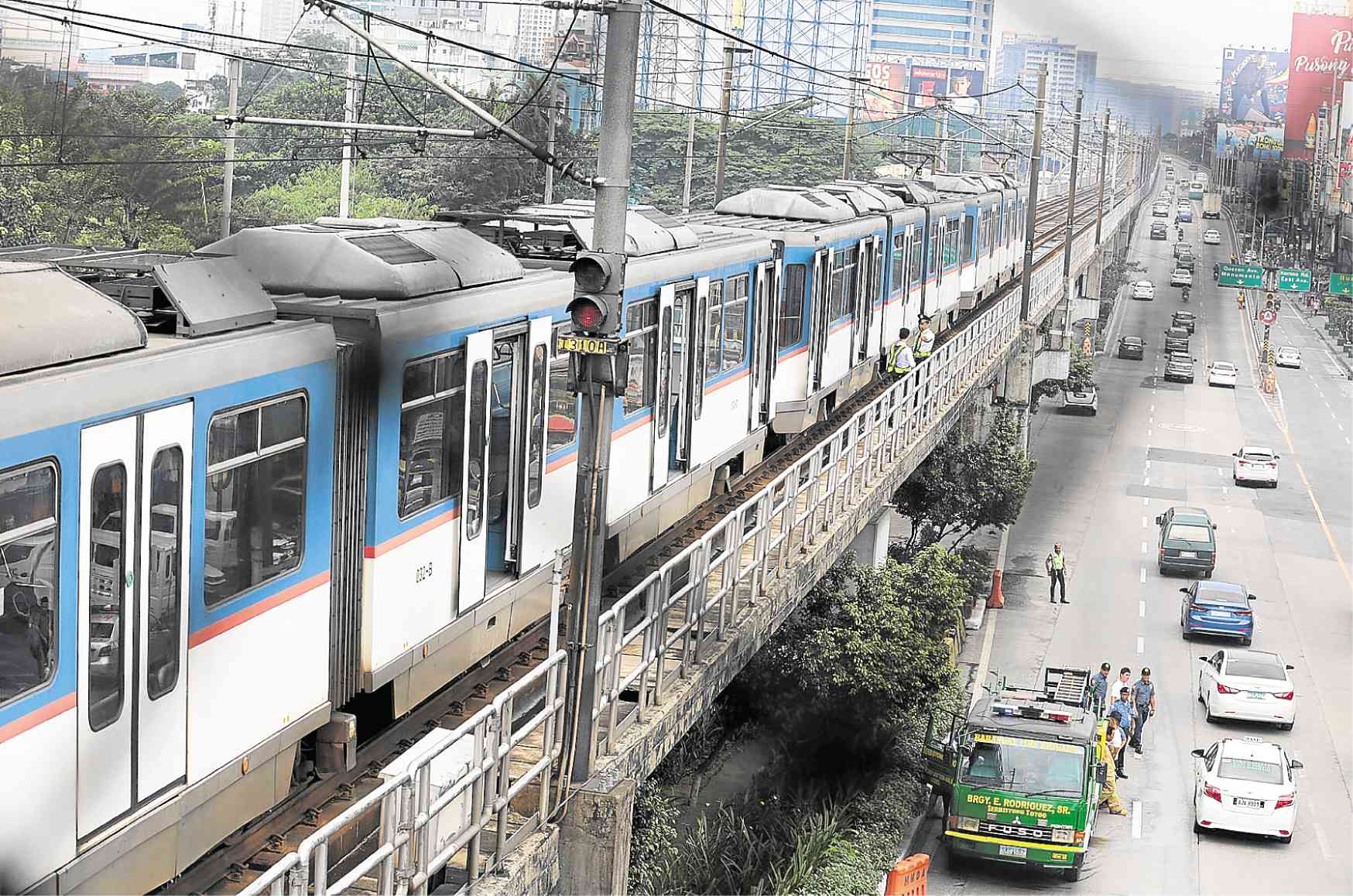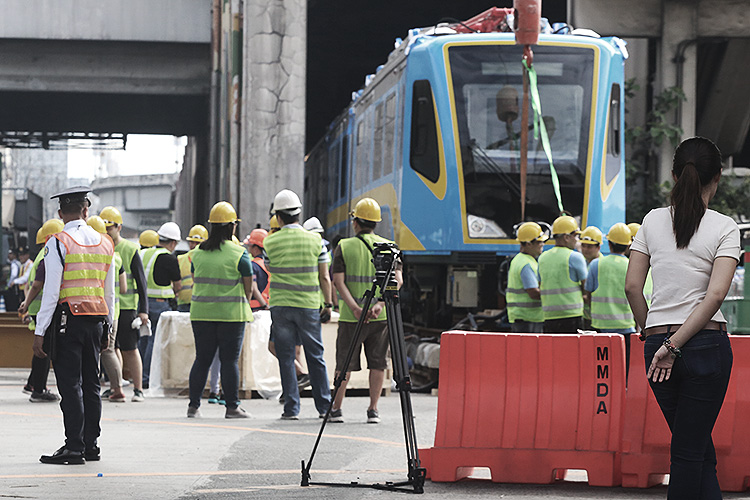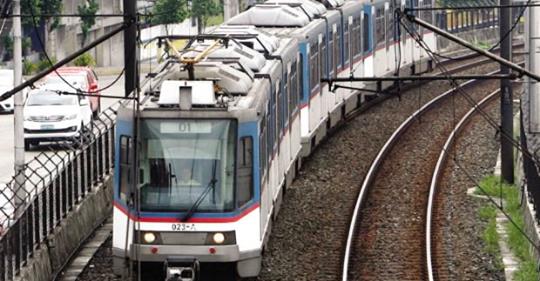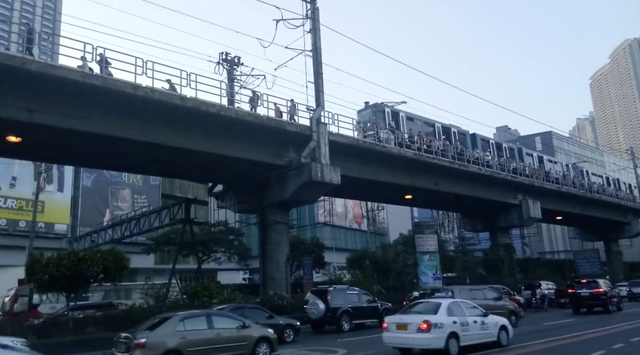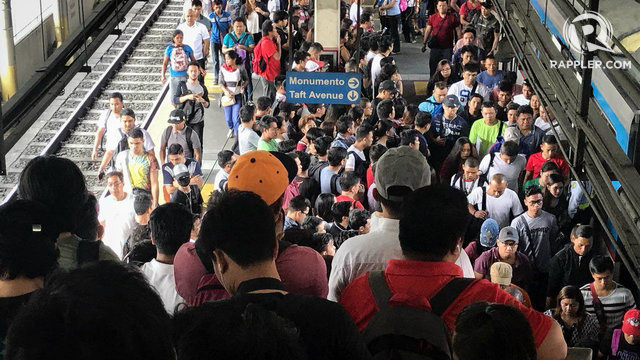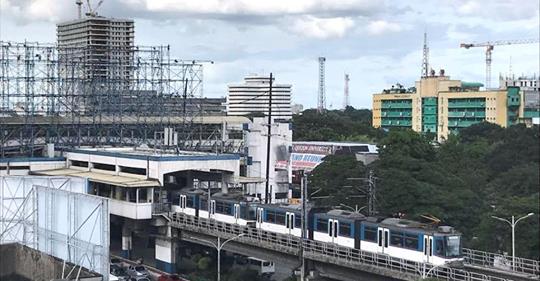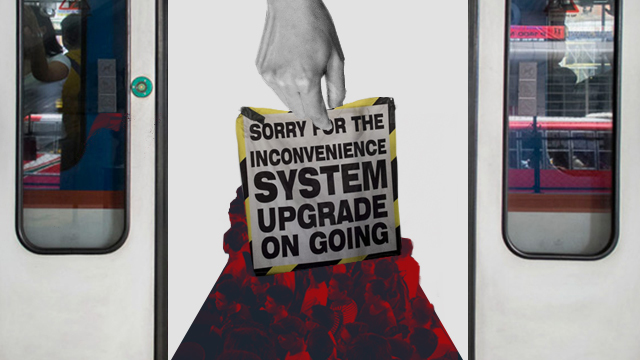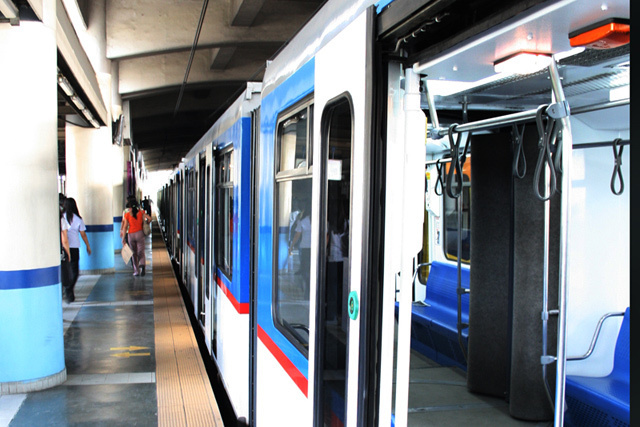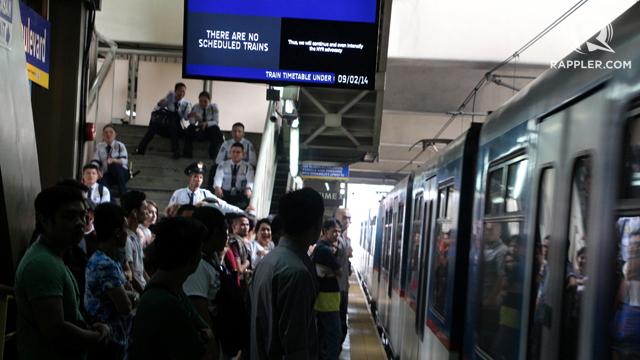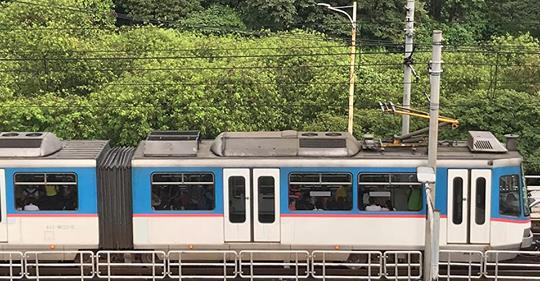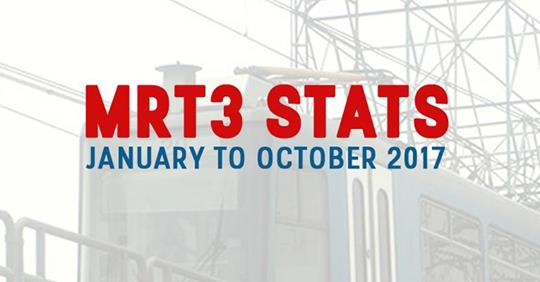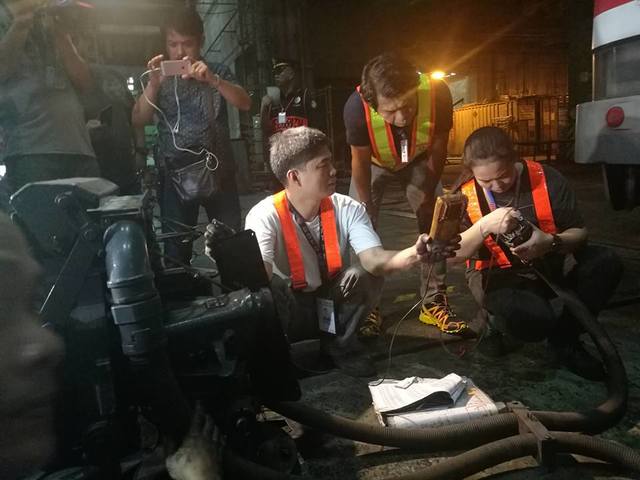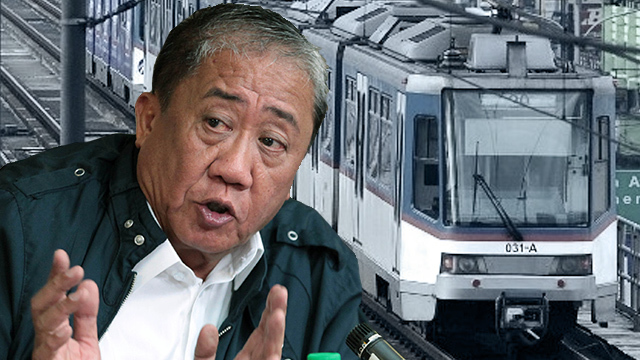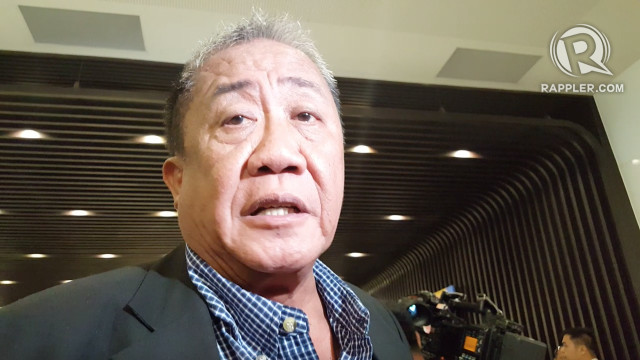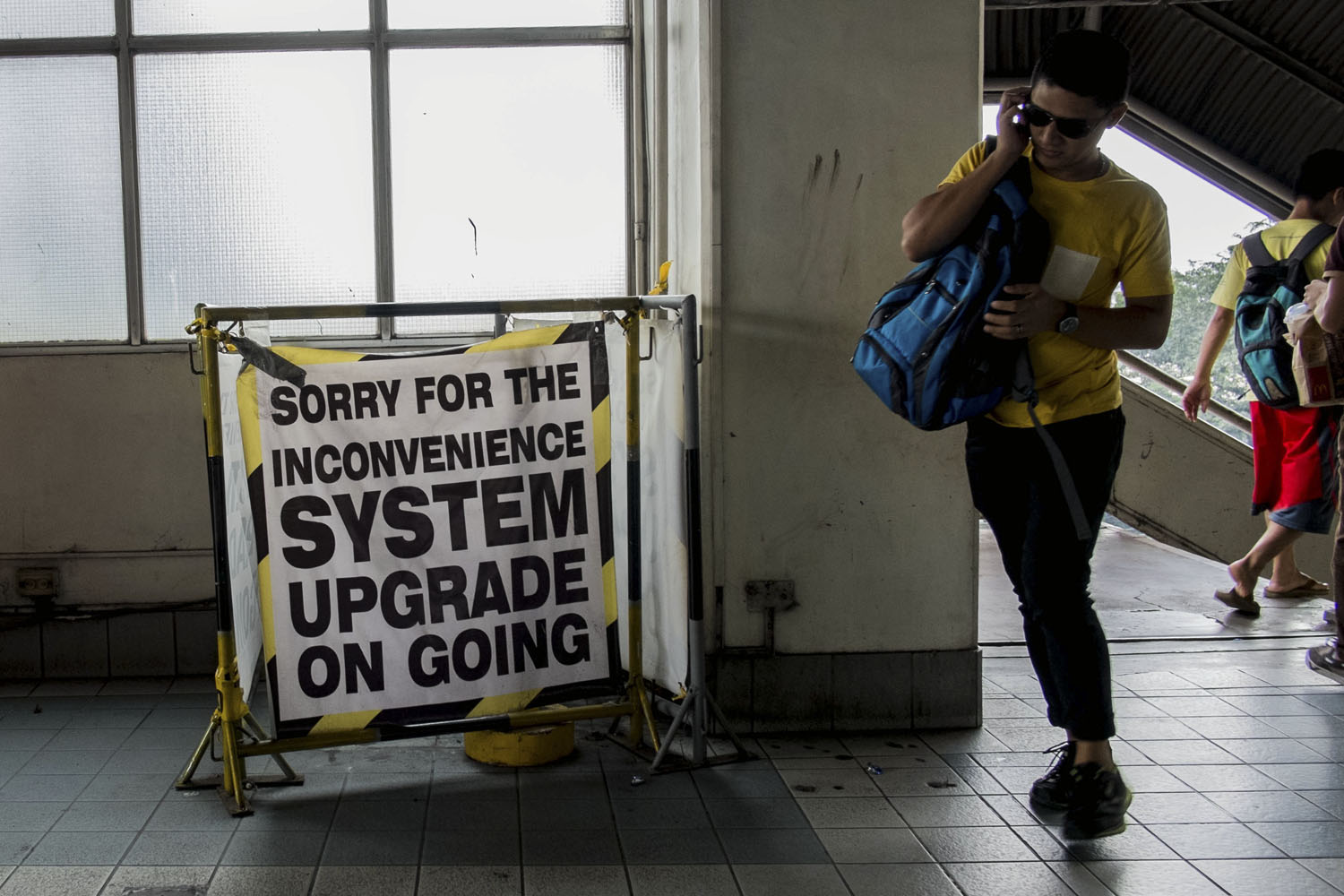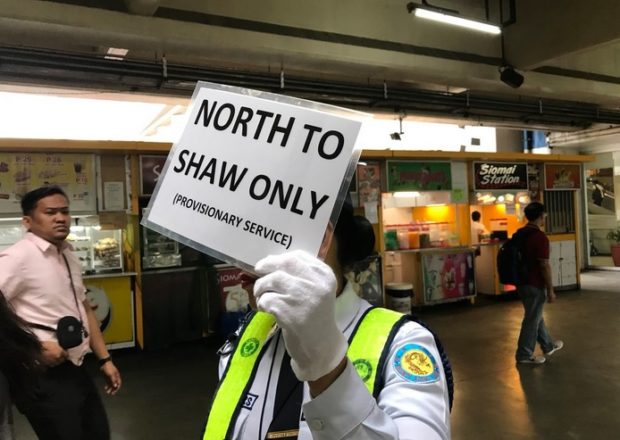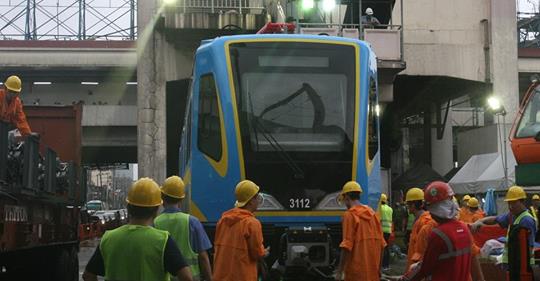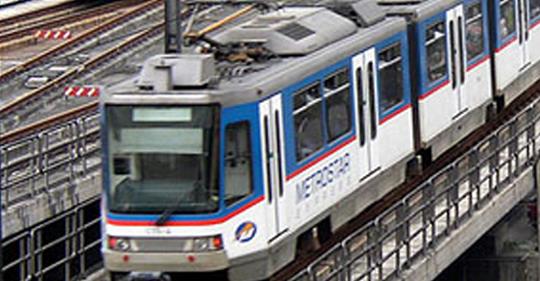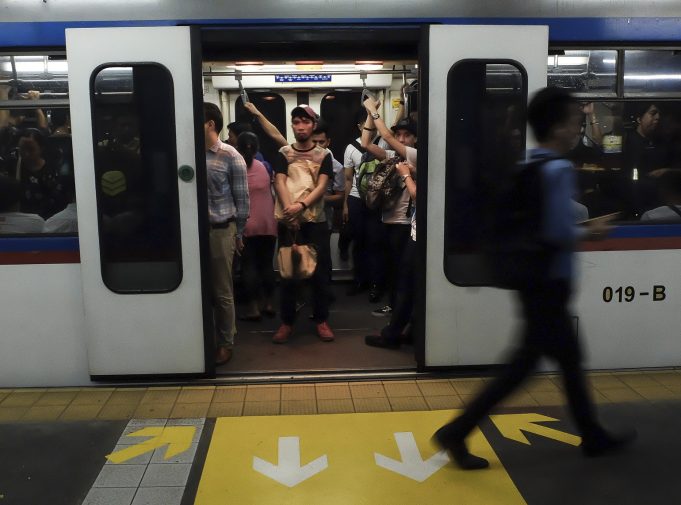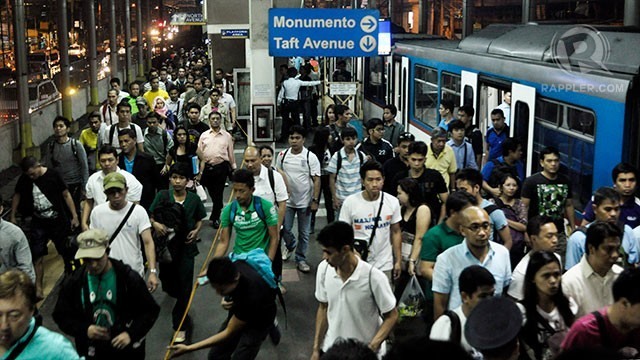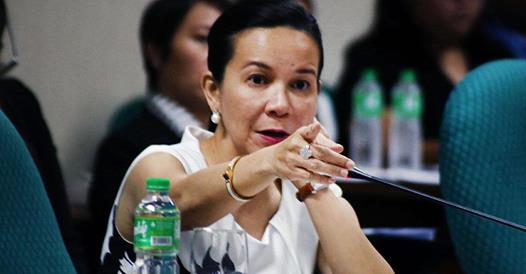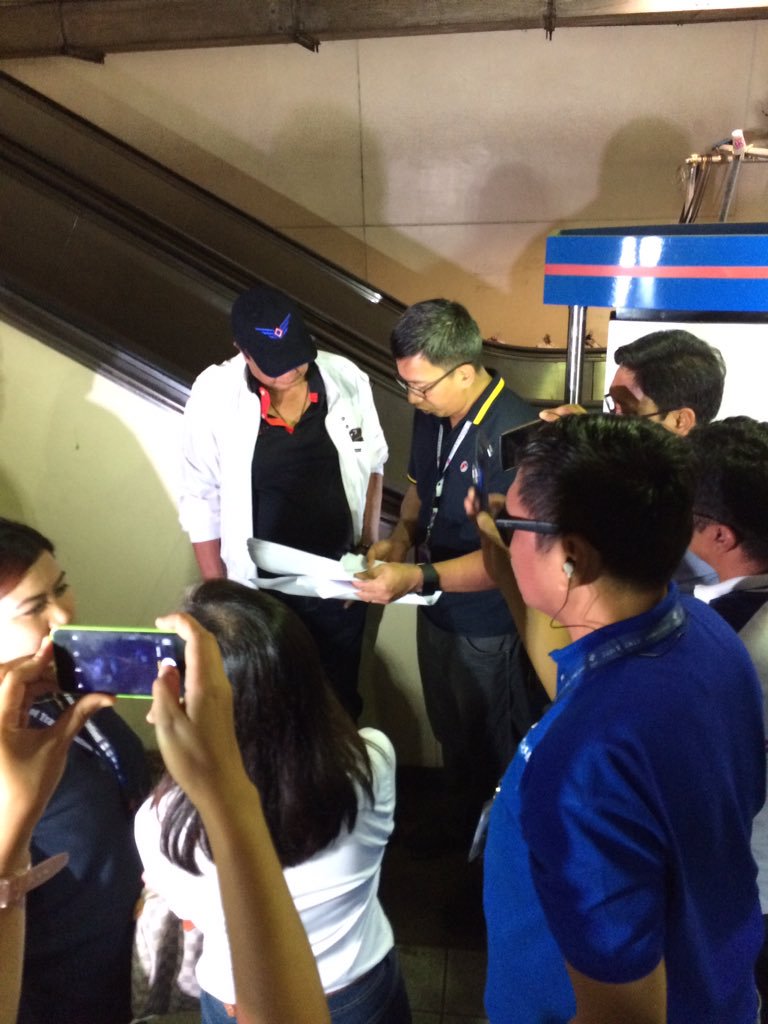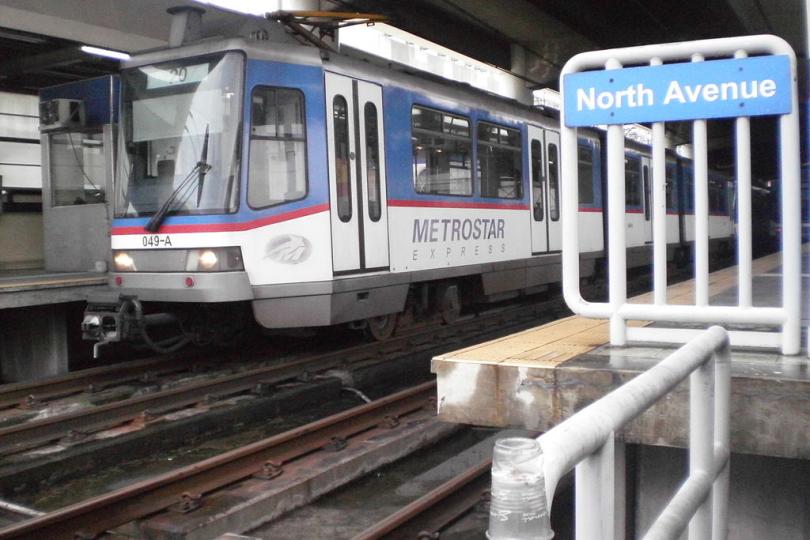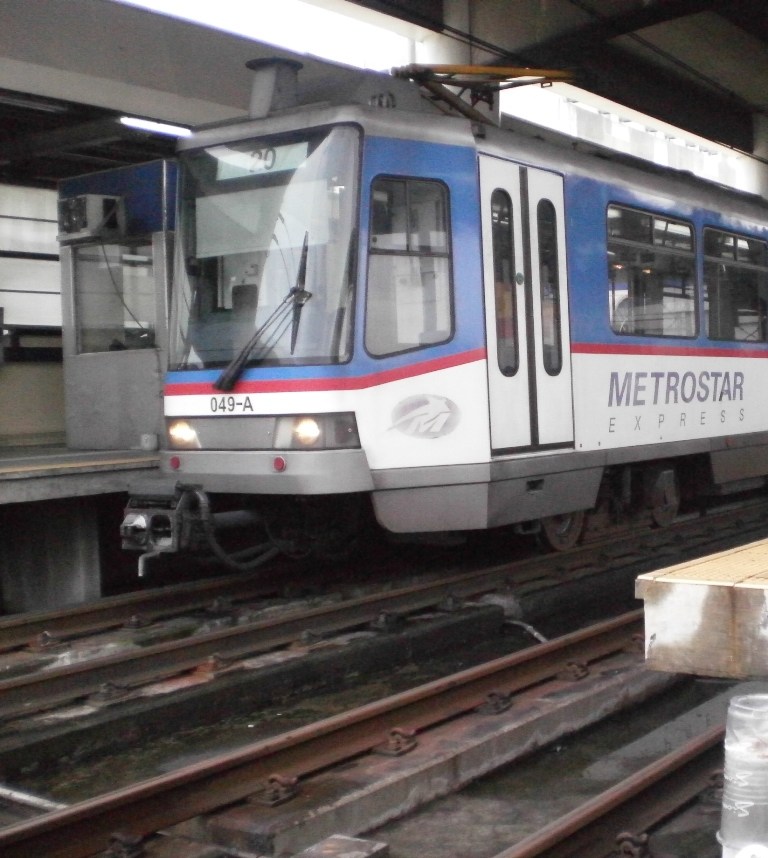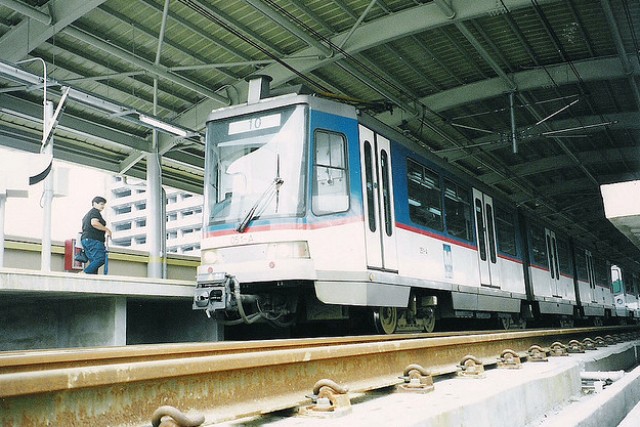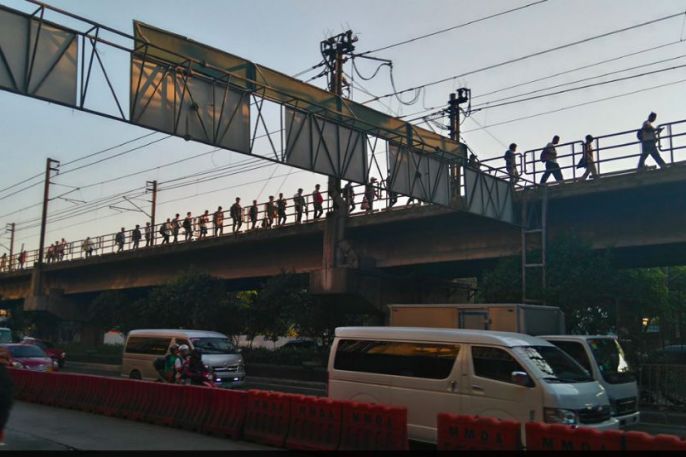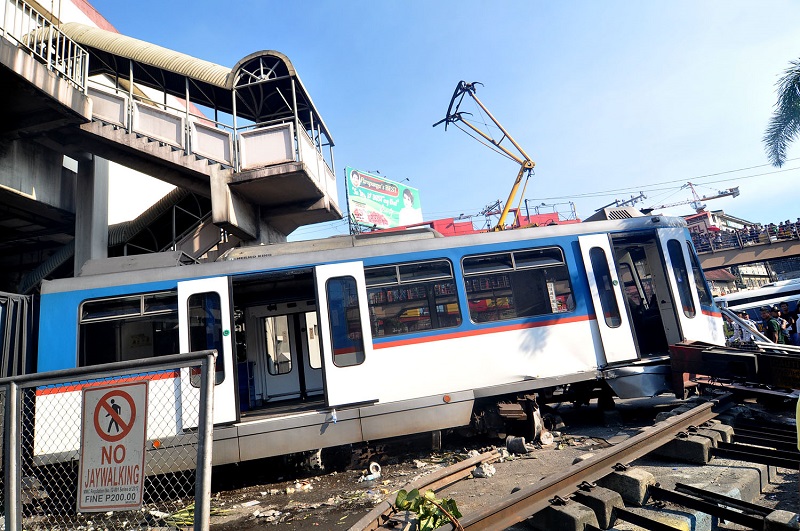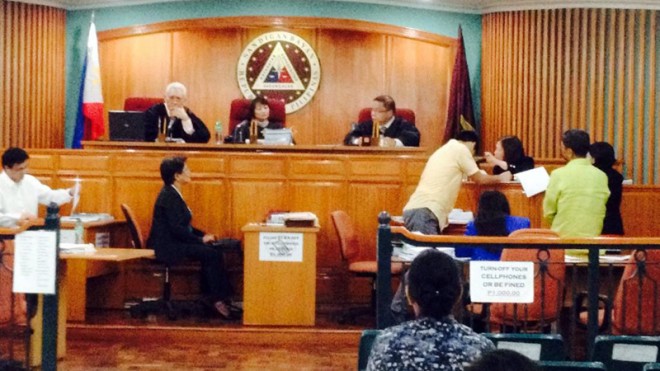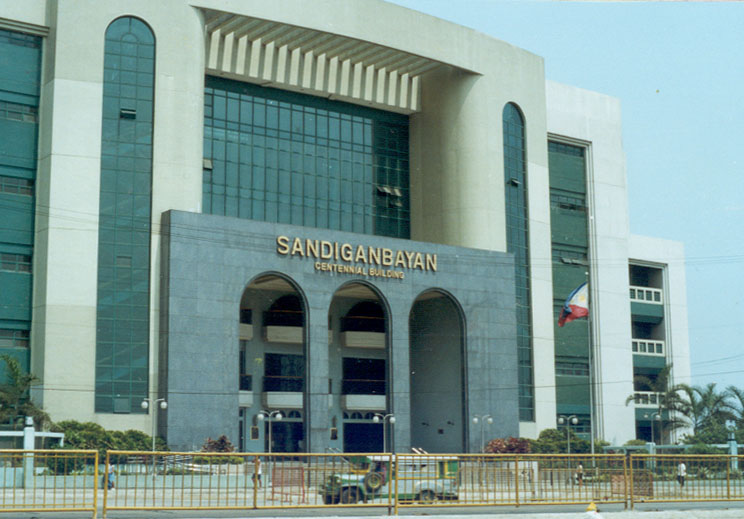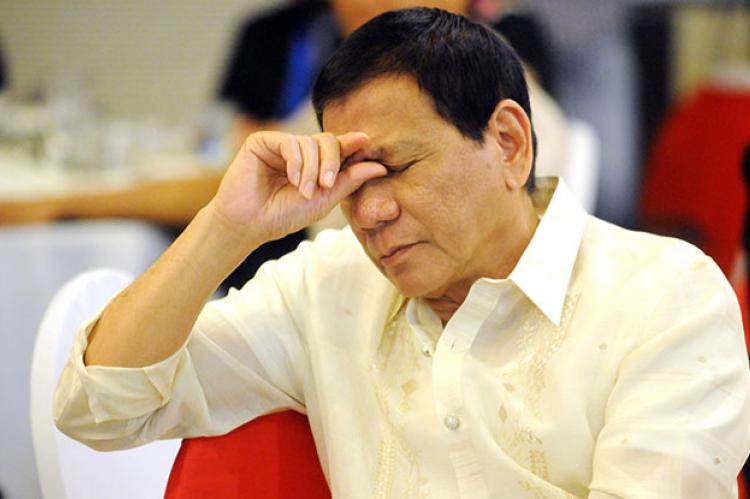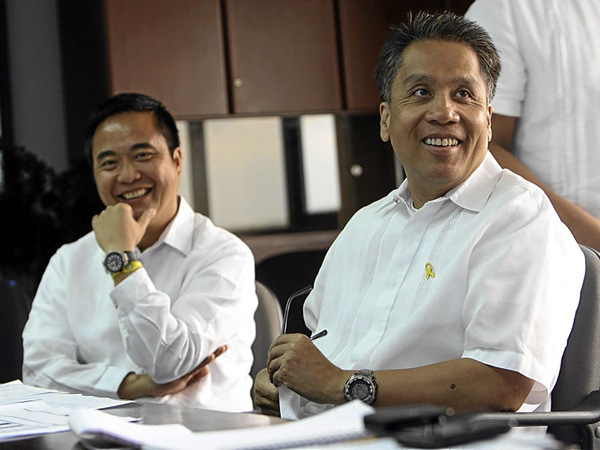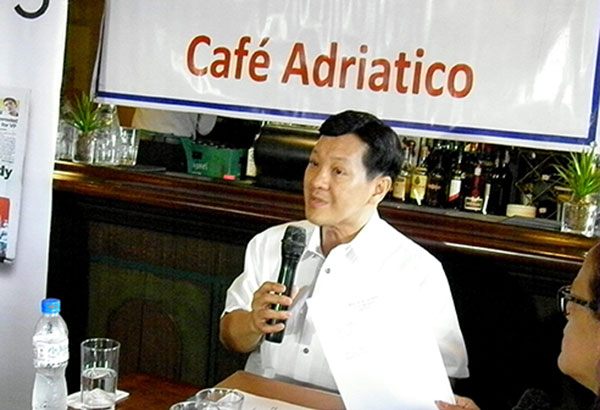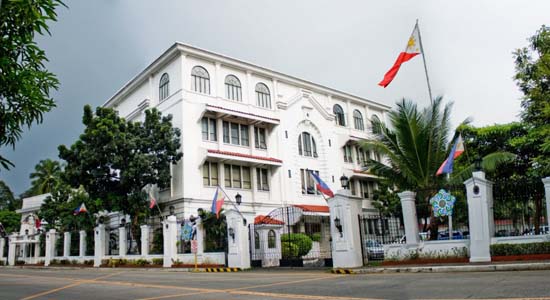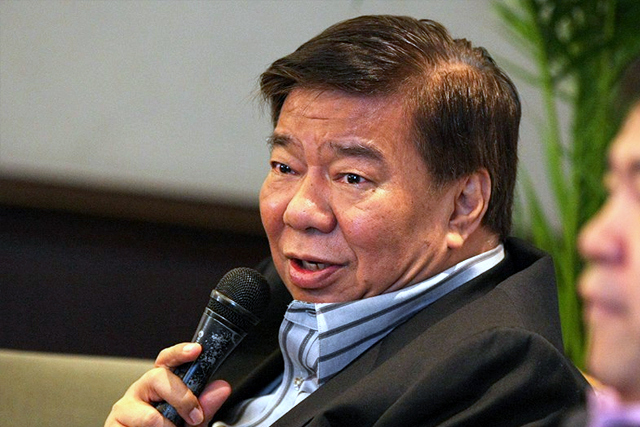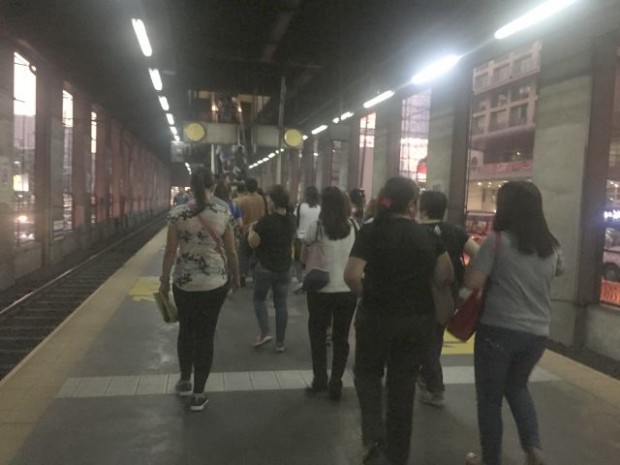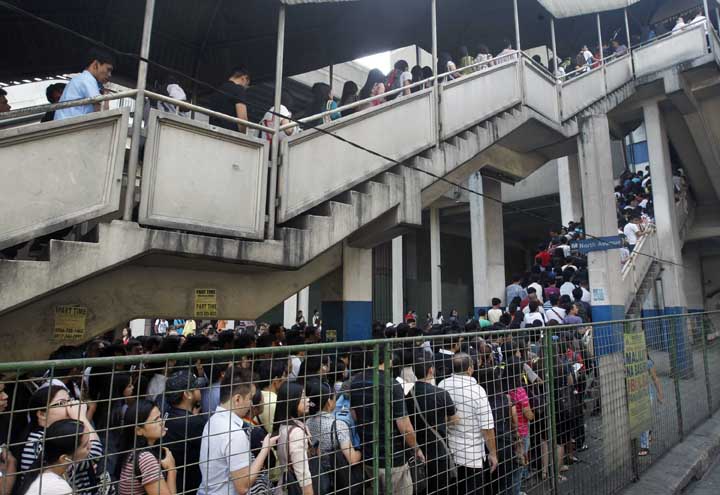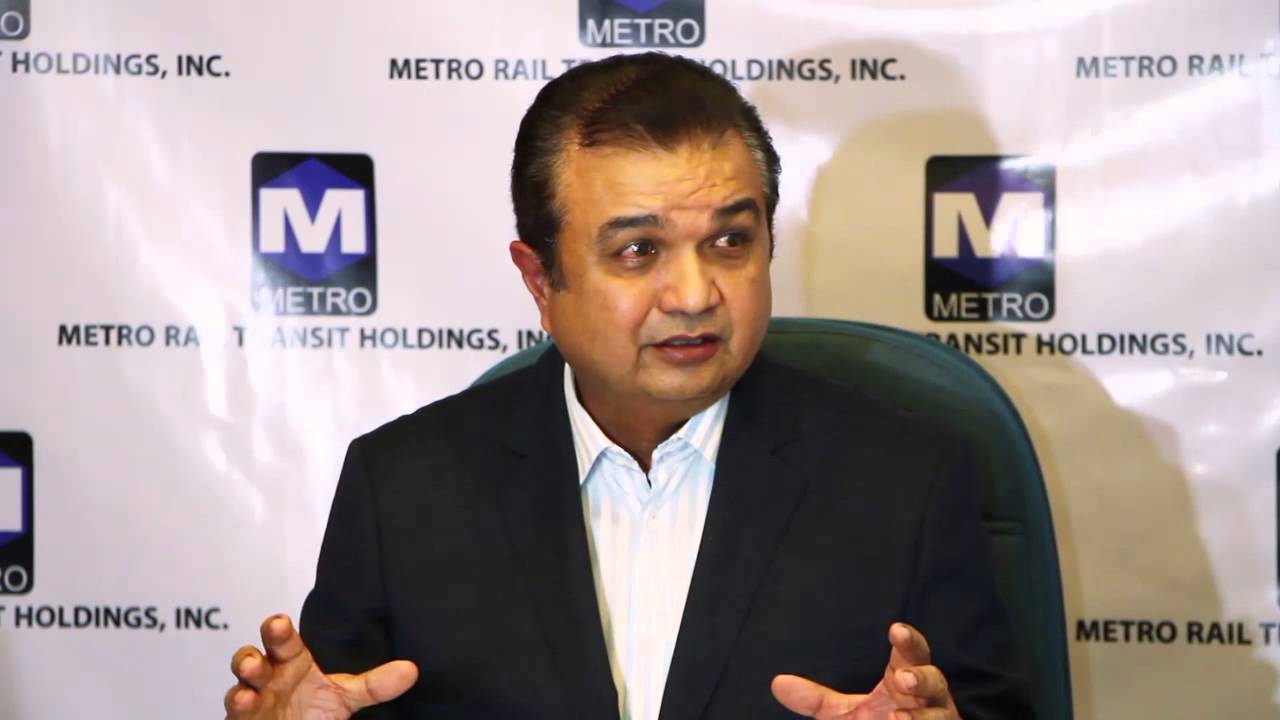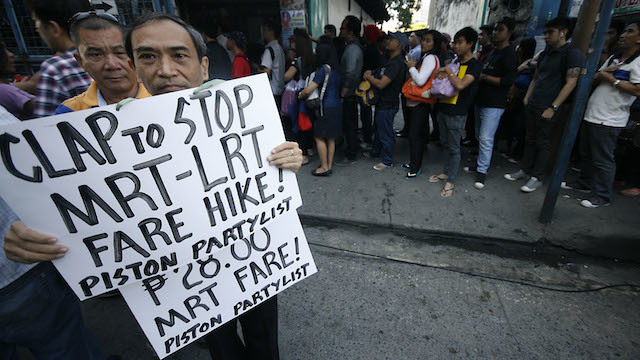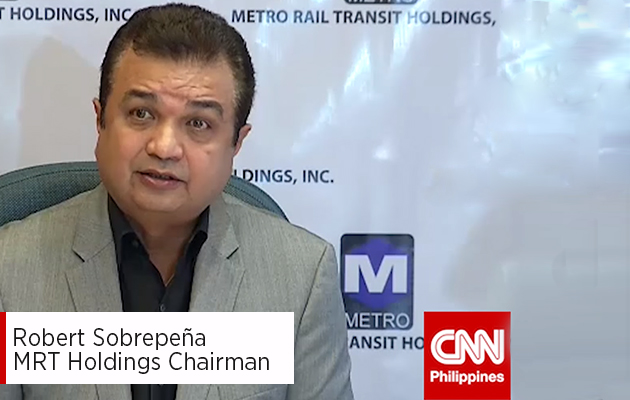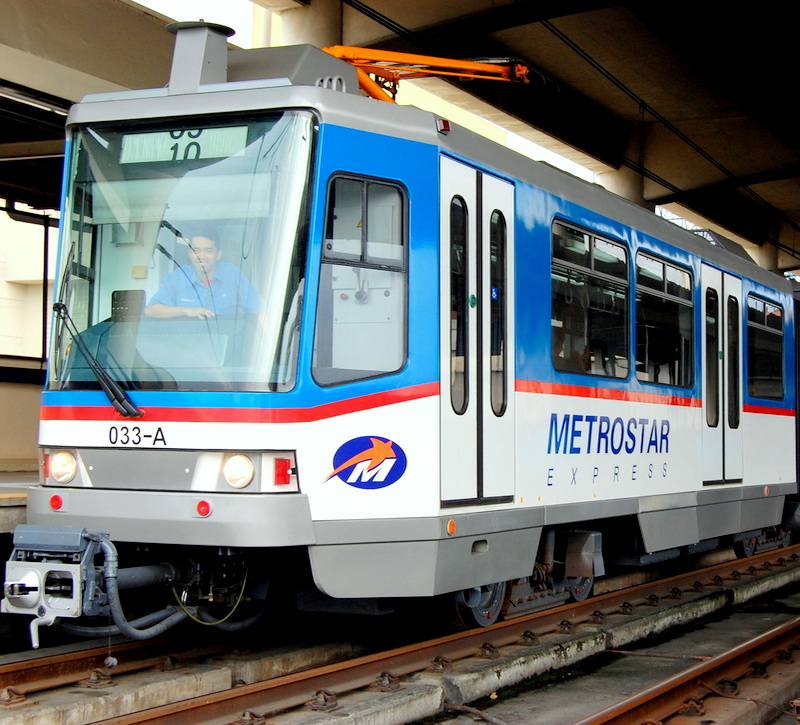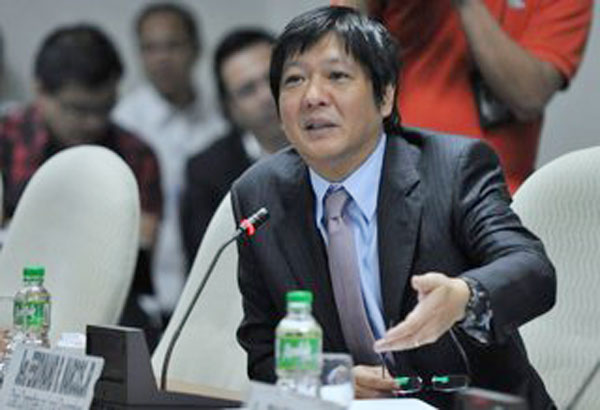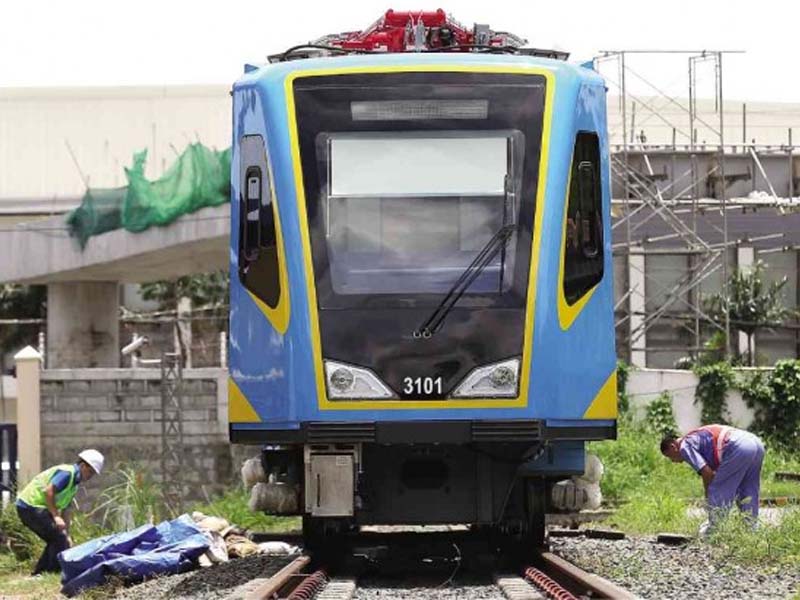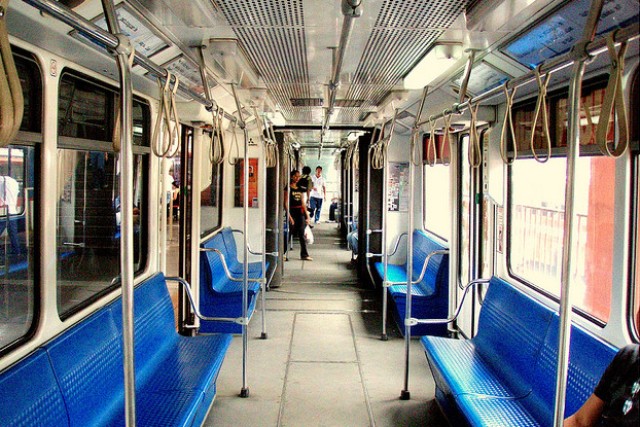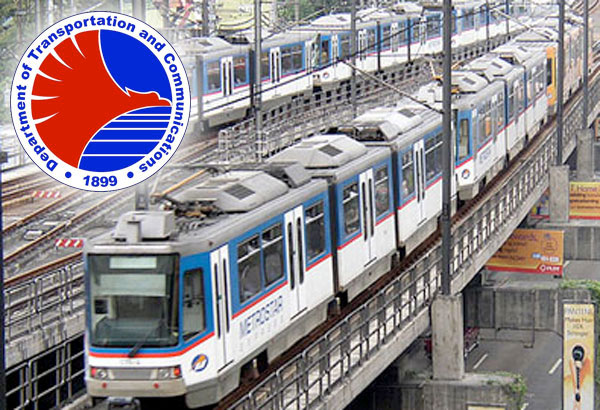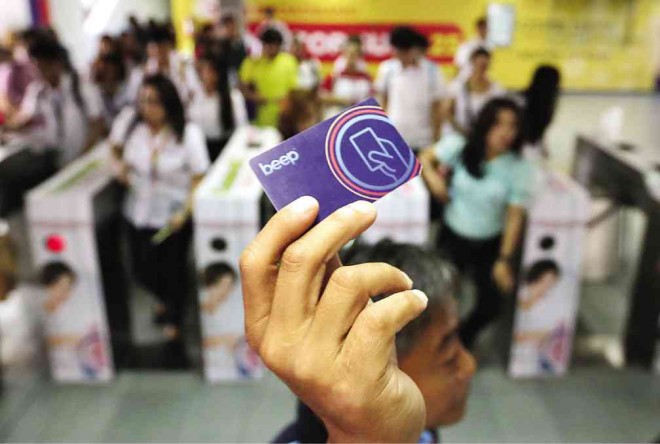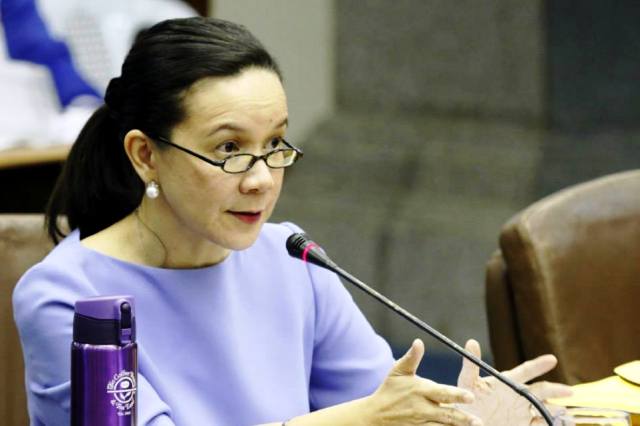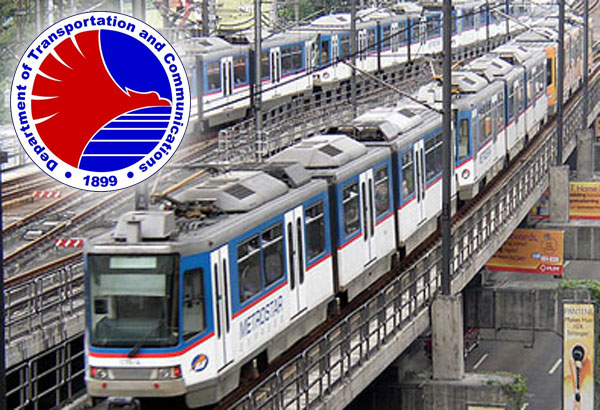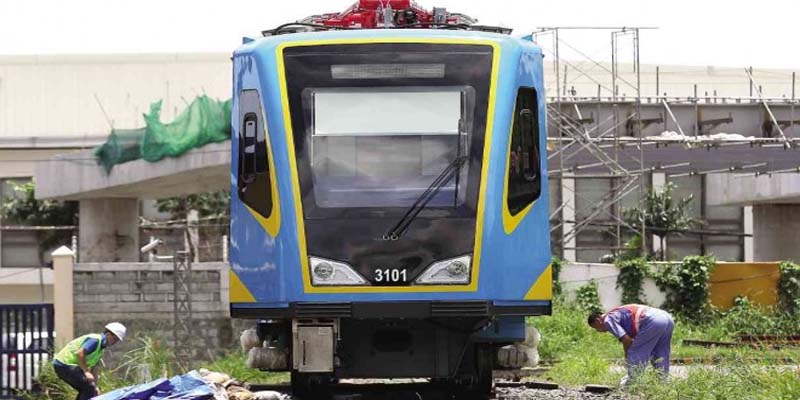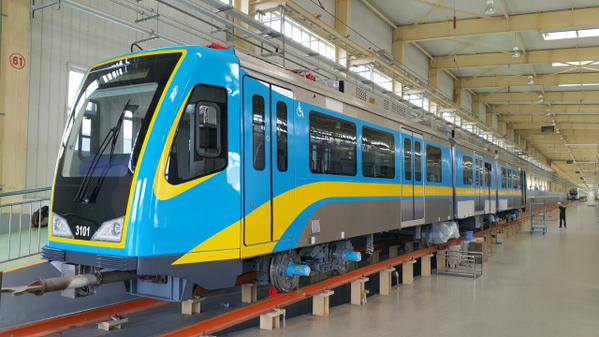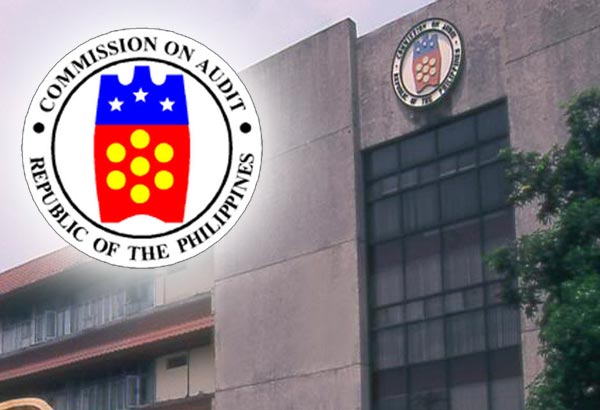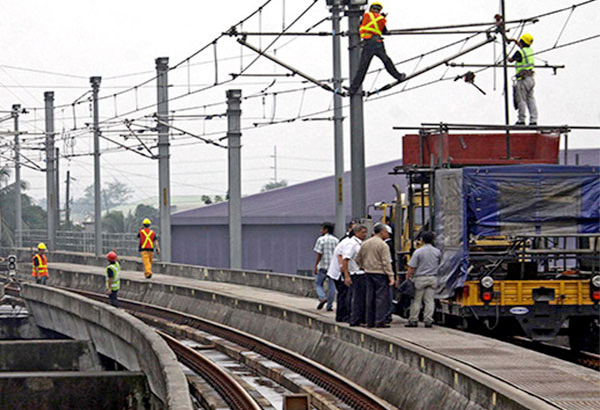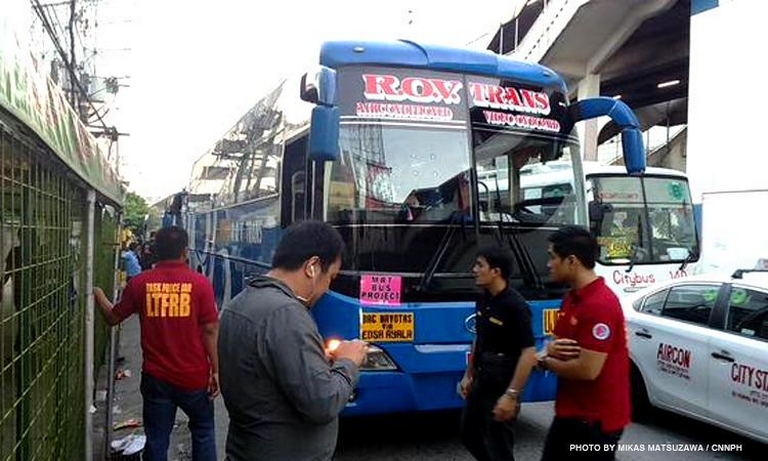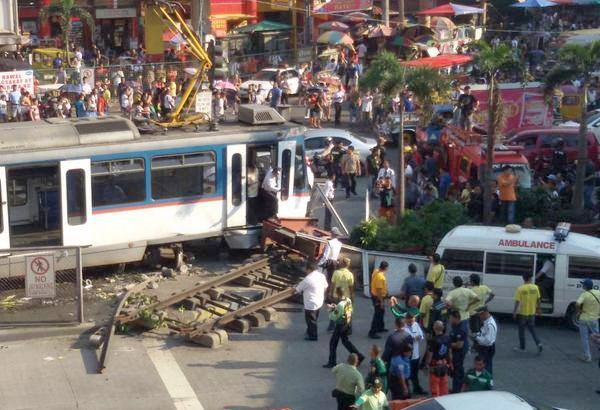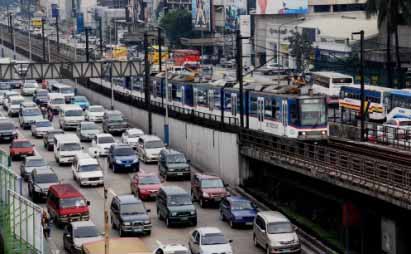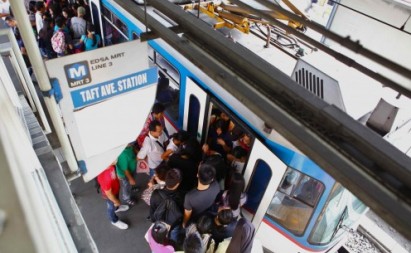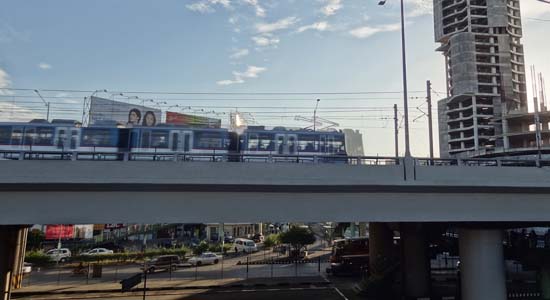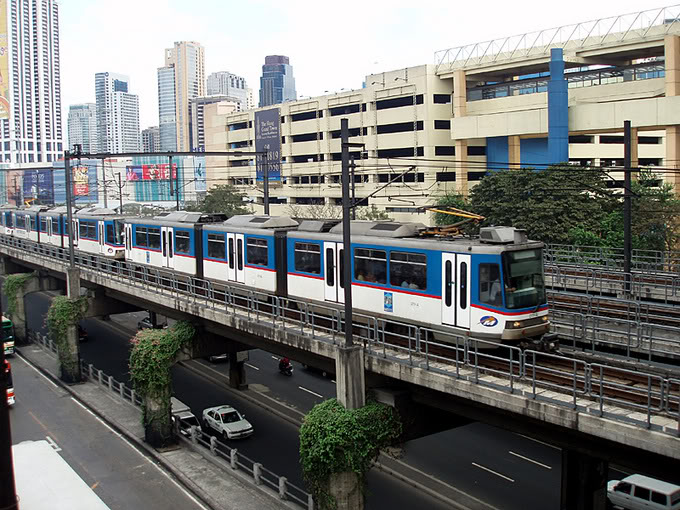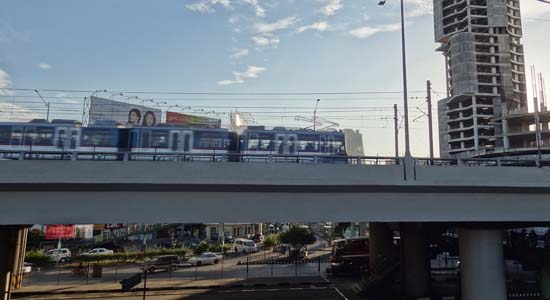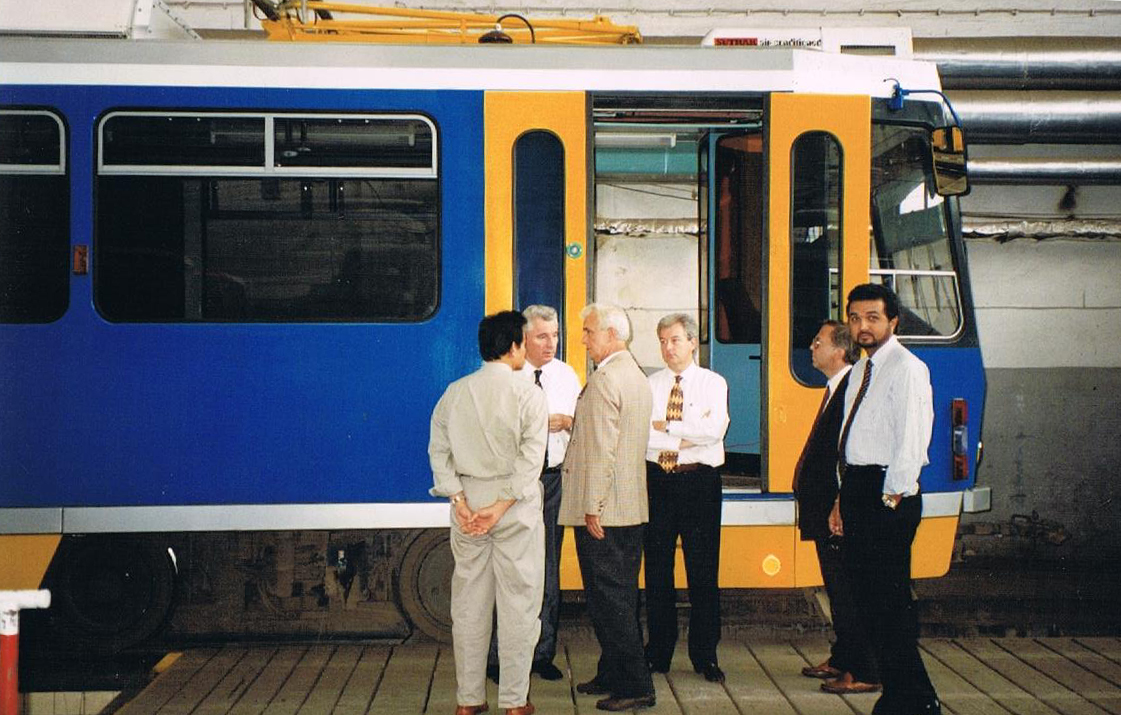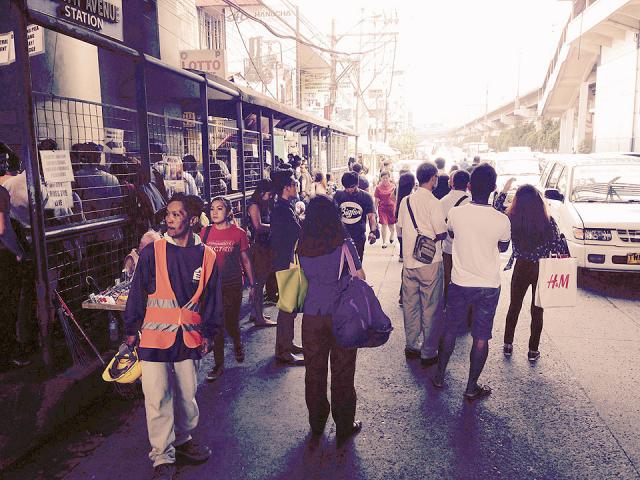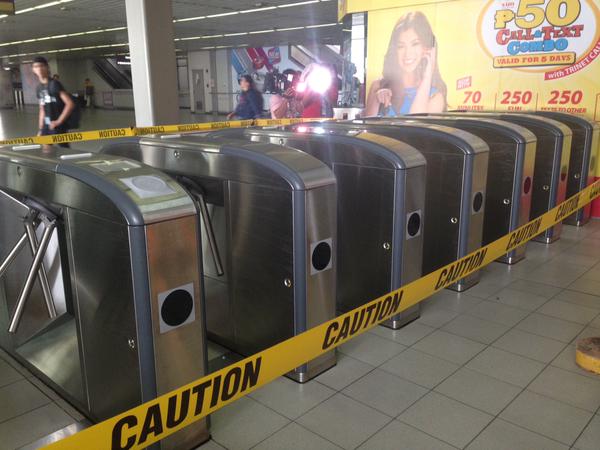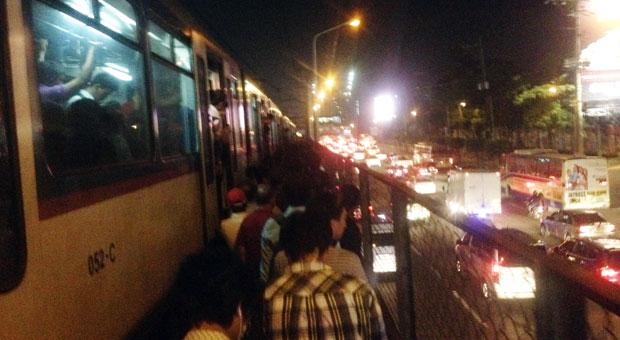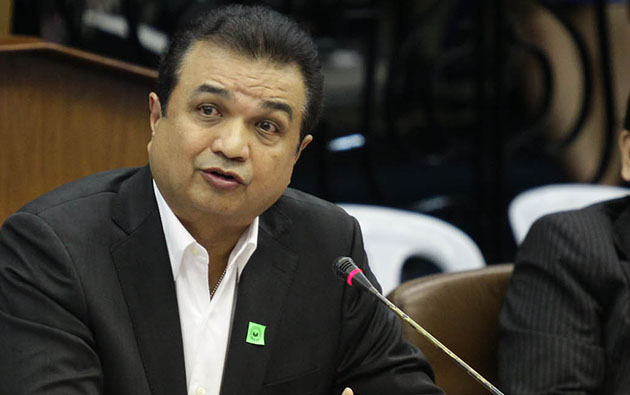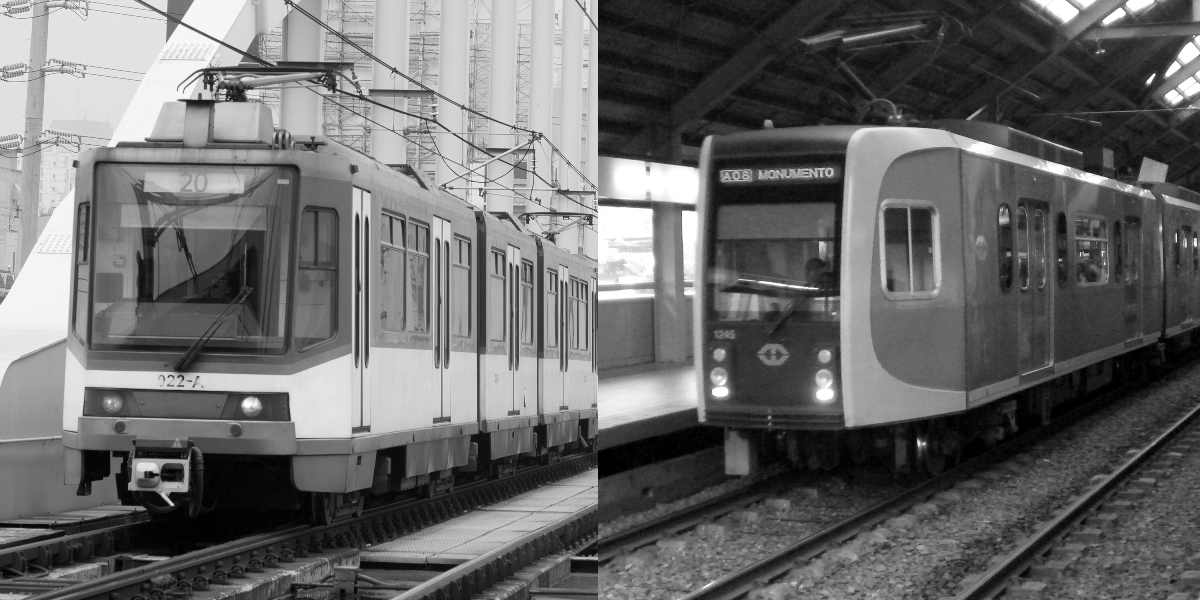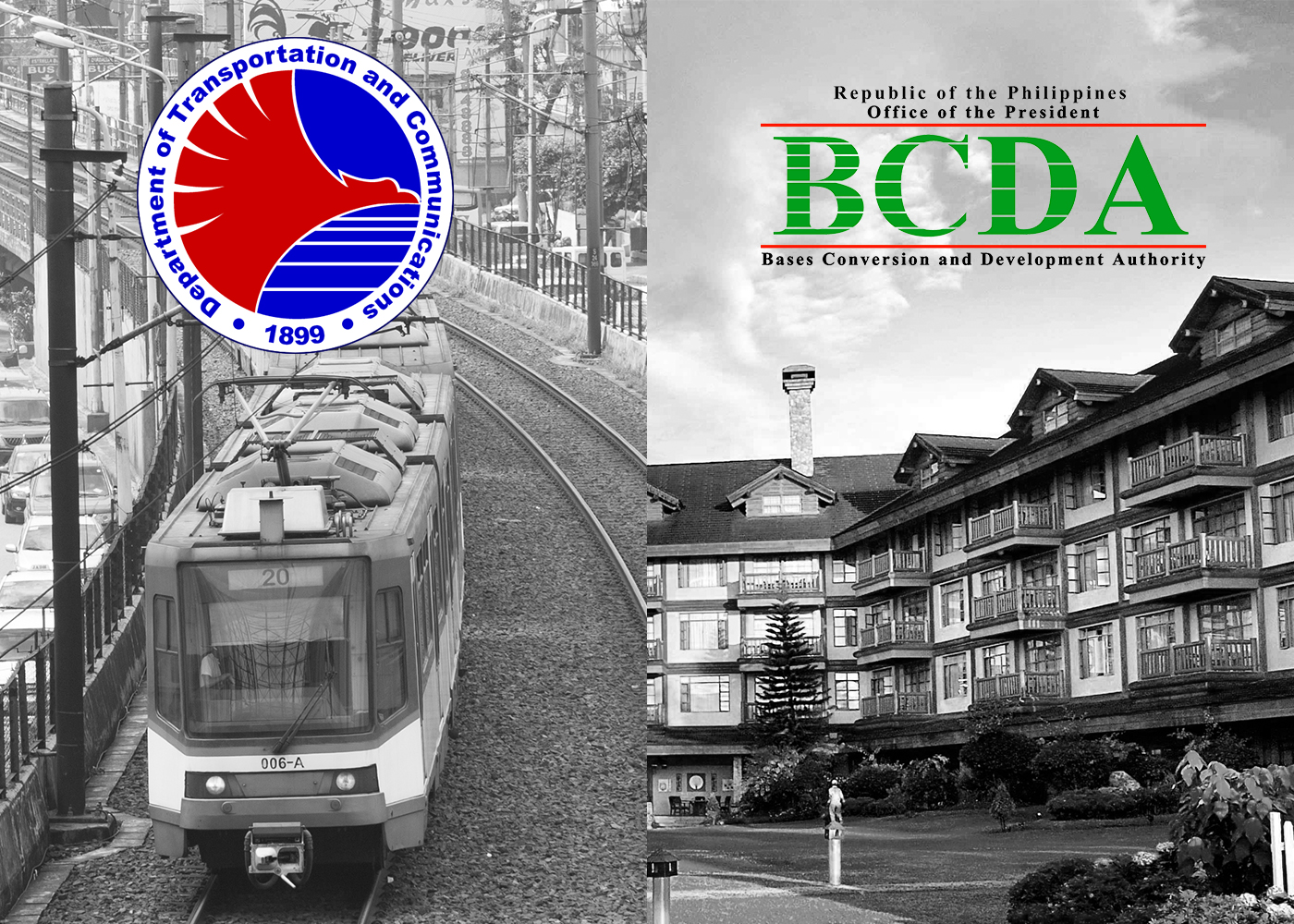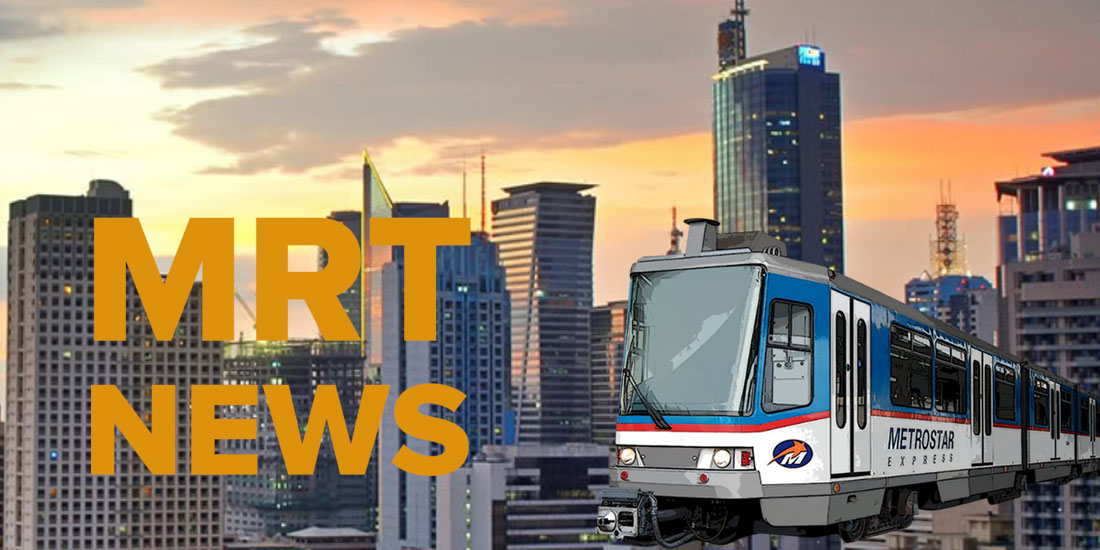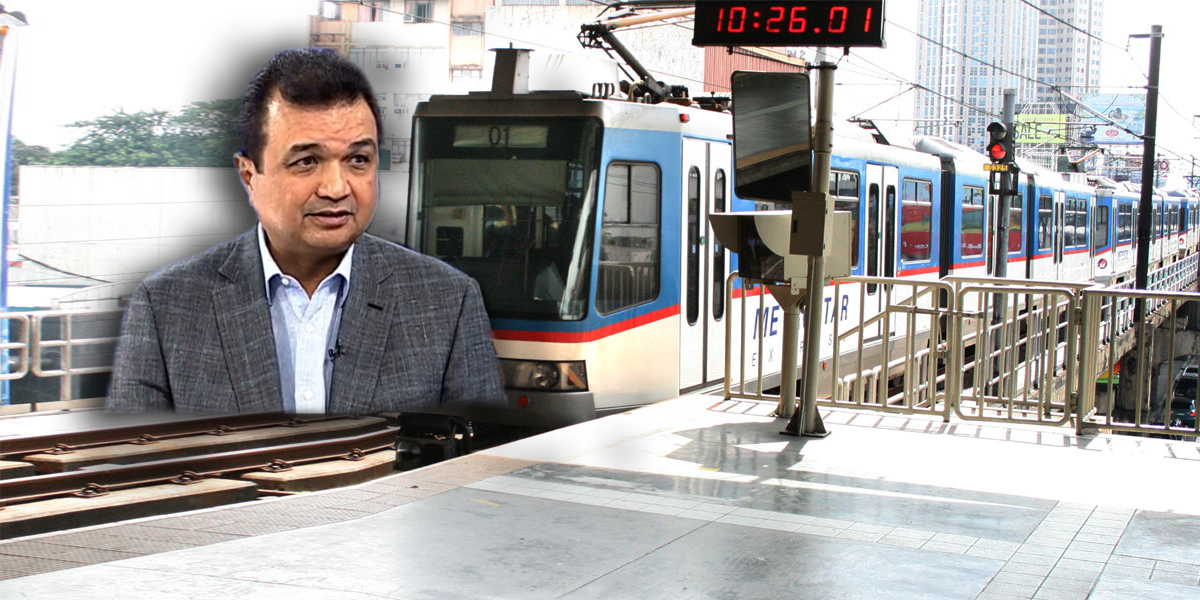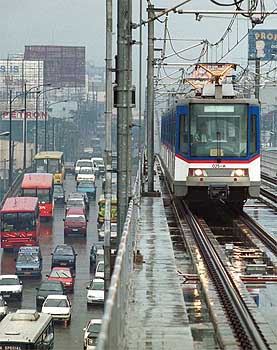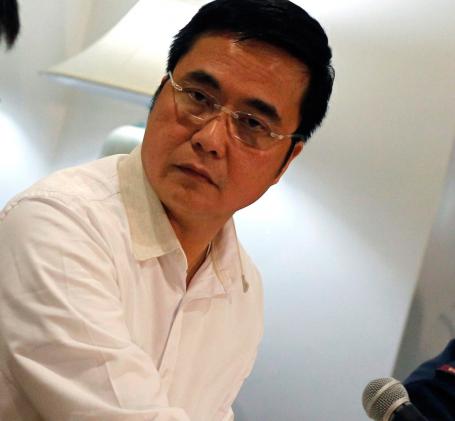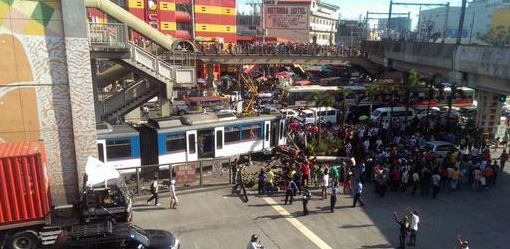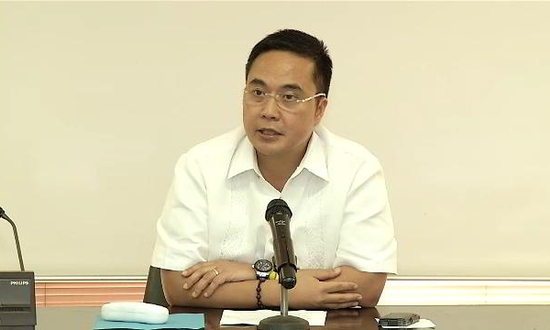December 17, 2014 10:44:00 PM By Chrisee J. V. Dela Paz
SOBREPENA-led Metro Rail Transit Corp. (MRTC), builder of the Metro Rail Transit System Line 3 (MRT-3), and the line’s former maintenance service provider Sumitomo Corp. could build a joint proposal with Metro Pacific Investments Corp. (MPIC) to rehabilitate and upgrade the country’s most congested railway system. MRTC Board Chairman Robert John L. Sobrepeña told lawmakers yesterday that his company, in partnership with Japan’s Sumitomo “is willing to partner with MPIC for MRT-3 rehabilitation and upgrade for a more comprehensive and fast-tracked proposal.”
Mr. Sobrepeña was speaking before a Senate Sub-Committee on Public Services conducting a probe into a series of mishaps at the MRT-3 -- from technical glitches to safety lapses to having the train run with its doors open. The committee’s co-chair Senator Grace Poe-Llamanzares also wanted to discuss the results of an audit made by Hong Kong-based railway expert MTR Corp. Limited on MRT-3.
In its report, MTR Corp. gave the railway’s track, elevators and escalators a “poor” grade; while rating its rolling stock and CCTV system as “unsatisfactory.” The report used the following grading system: “good” (system in good operation condition), “satisfactory,” “fair,” “unsatisfactory,” and “poor” (major or extensive defect exists).
“Where we are now is an emergency. On behalf of my consortium and Sumitomo, we’re willing to bend over backwards to ensure safety of passengers, and open to partner with MPIC for the benefit of the riding public,” Mr. Sobrepeña told lawmakers.
MPIC on Monday said it will submit a revised P23.3-billion ($524-million) proposal to rehabilitate and upgrade MRT-3.
MPIC’s fresh offer, which is a scaled-down version of a P25.1-billion ($565-million) proposal submitted in 2011, will include the rehabilitation of existing train cars, 25 additional coaches, a new signaling system, and settlement of the government financial institutions-held equity rental payments, MPIC President Jose Ma. K. Lim told lawmakers in a separate hearing at the House of Representatives on Monday.
On the sidelines of yesterday’s Senate hearing, Mr. Sobrepeña said his company, together with Sumitomo, will submit its formal proposal “within the week.”
The proposal of MRTC-Sumitomo, according to Mr. Sobrepeña’s presentation before the lawmakers, costs P4.38 billion ($98 million) and accounts for “a complete rehabilitation of existing train cars for over a period of 18 months.”
Asked how the alliance with MPIC will work, he replied: “We’ll be in charge of the rehabilitation of the existing cars, while MPIC will be the one adding new ones. Our proposal complements those of MPIC nicely.
Our proposal is the fast-tracked one, while MPIC’s is the more comprehensive proposal.”
“We’ve talked to them (MPIC) a few days ago and they said they’re open to it, although nothing has been finalized yet. We both need to submit our own formal proposals to DoTC (Department of Transportation and Communications) before considering this plan,” Mr. Sobrepeña explained.
That won’t be the first time that the Sobrepeña group will be partnering with the MPIC of businessman Manuel V. Pangilinan.
The two groups are allies, with MPIC having an option to acquire a 48% stake in MRTC after signing cooperation agreements with the various groups that hold rights and interests in the company. MPIC, however, has yet to exercise this option.
NOT O&M
The rehab proposal is separate from the P2.4-billion operations and maintenance (O&M) contract that the government is putting on the auction block on Jan. 20.
Mr. Sobrepeña told lawmakers that MRTC and Sumitomo will not join that bidding. Instead, the MRTC head said a rehabilitation should be warranted to ensure whoever gets the O&M contract will not have much of a headache.
Until the government awards the three-year contract to a new service provider, Autre Porte Technique Global, Inc. will continue maintaining the 16.9-kilometer rail system, along with the shadowing team deployed by the Transportation department.
From 2000 to 2010, the maintenance of the MRT-3 had been contracted out to Sumitomo. That contract was then further extended for two years, Mr. Sobrepeña and Transportation Undersecretary for Legal Affairs Jose Perpetuo M. Lotilla both explained during the hearing.
After the maintenance deal with Sumitomo ended, the Transportation department had been bidding out the MRT-3 maintenance on short-term contracts, and so its upkeep has been passed from one service provider to another, including to Philippine Trans Rail Management and Services Corp.
The fresh maintenance contract now being auctioned off is good for only three years as by 2016, the government hopes it would have completed the buyout of the MRT-3 from MRT Holdings II, Inc., which is the majority shareholder of MRTC -- the owner of the railway system’s assets.
MRTC is the private group that was a signatory to the build-lease-transfer agreement for MRT-3.
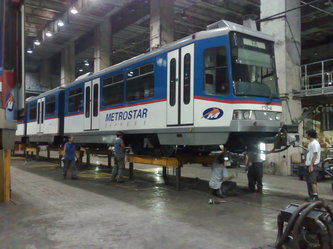
 Twitter
Twitter Facebook
Facebook